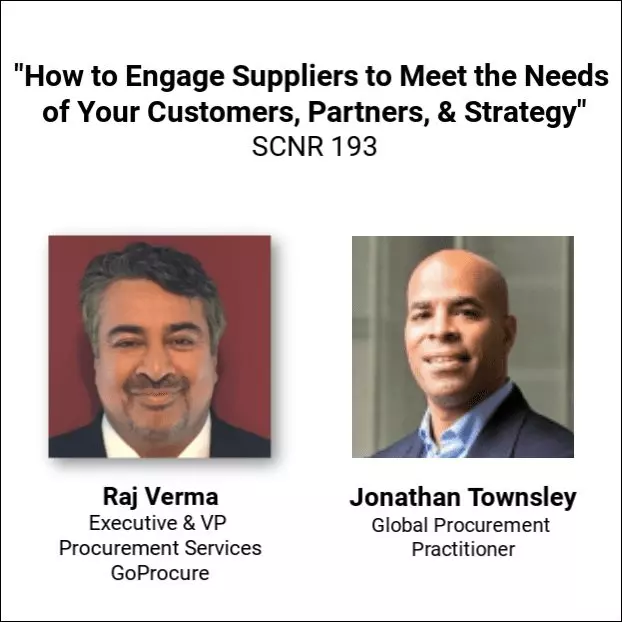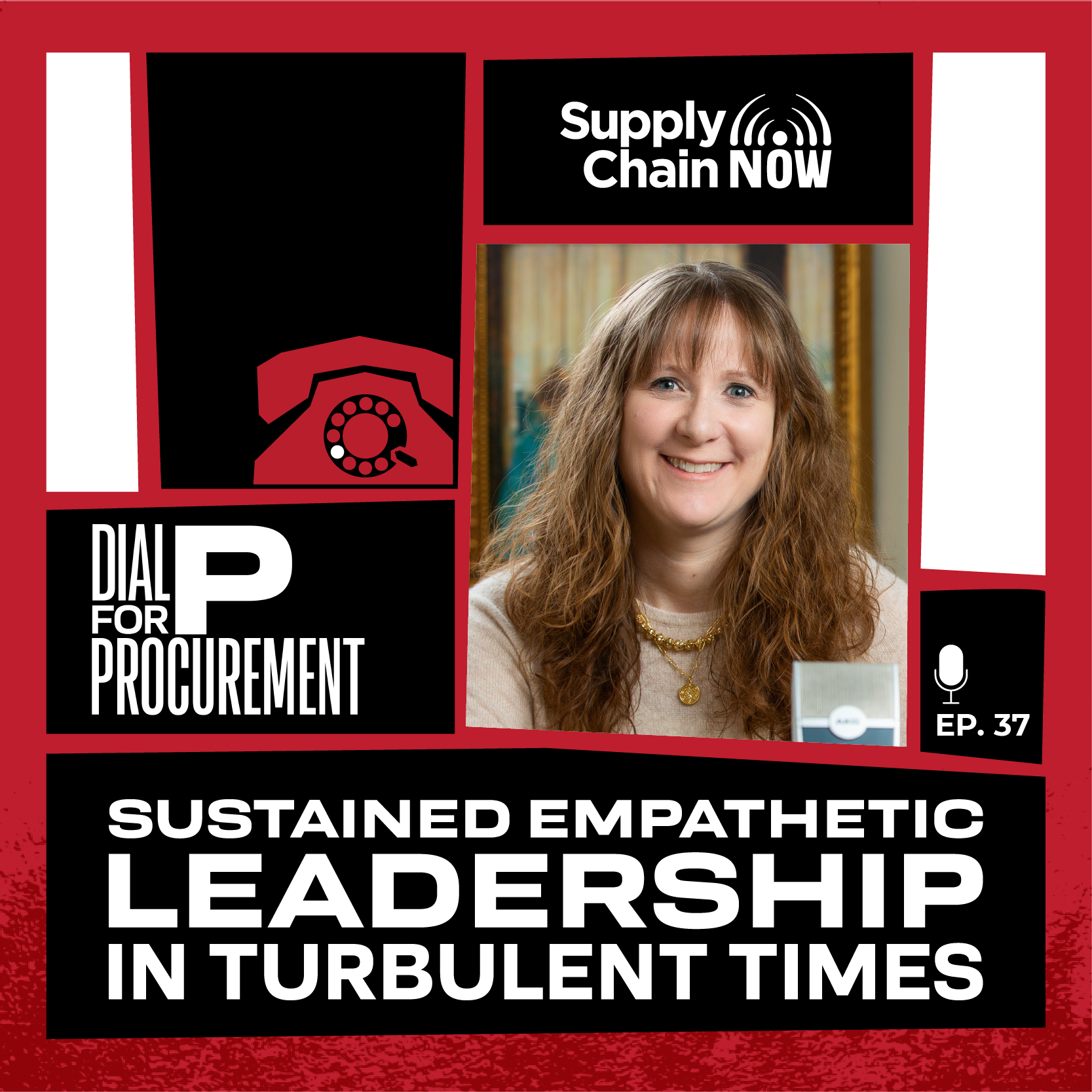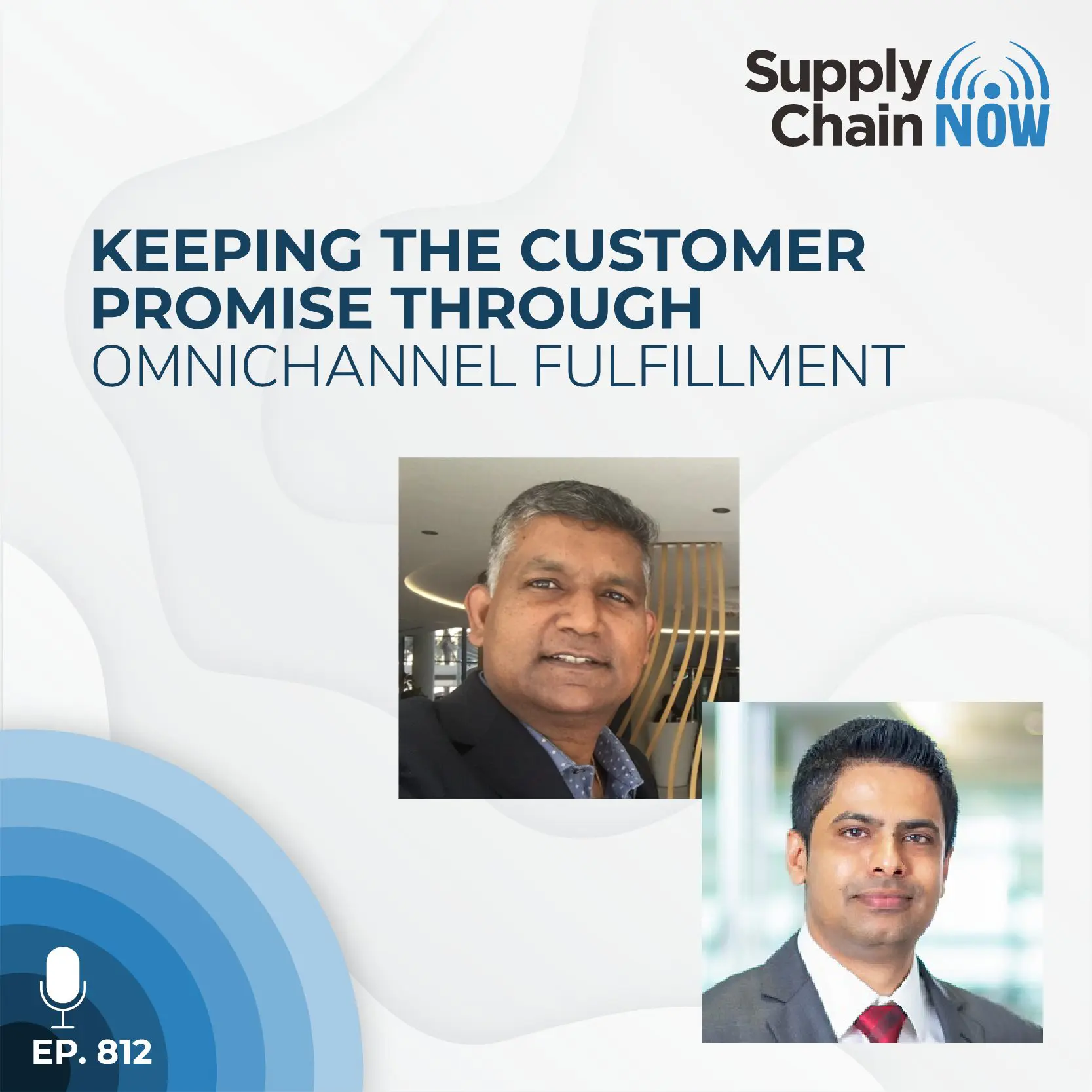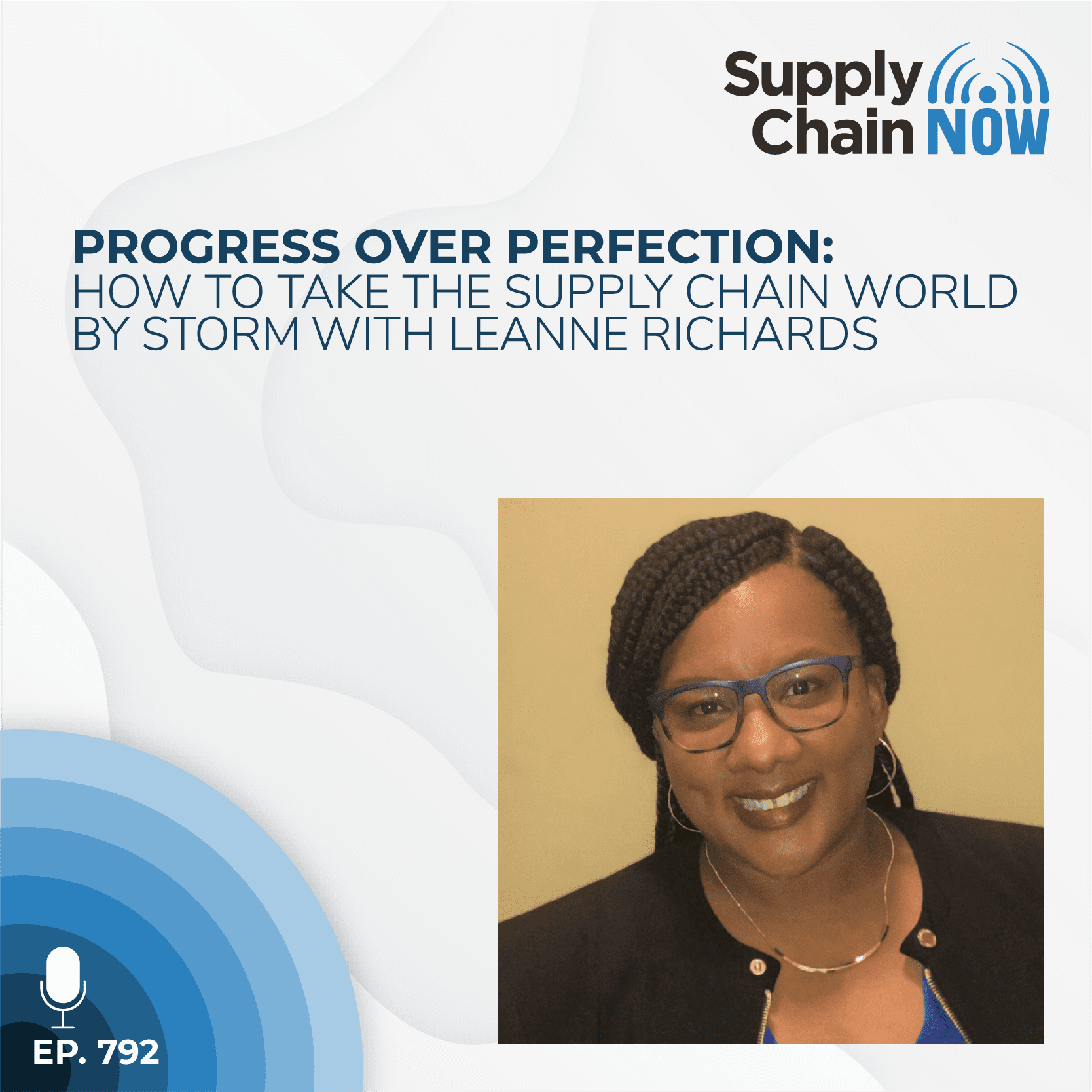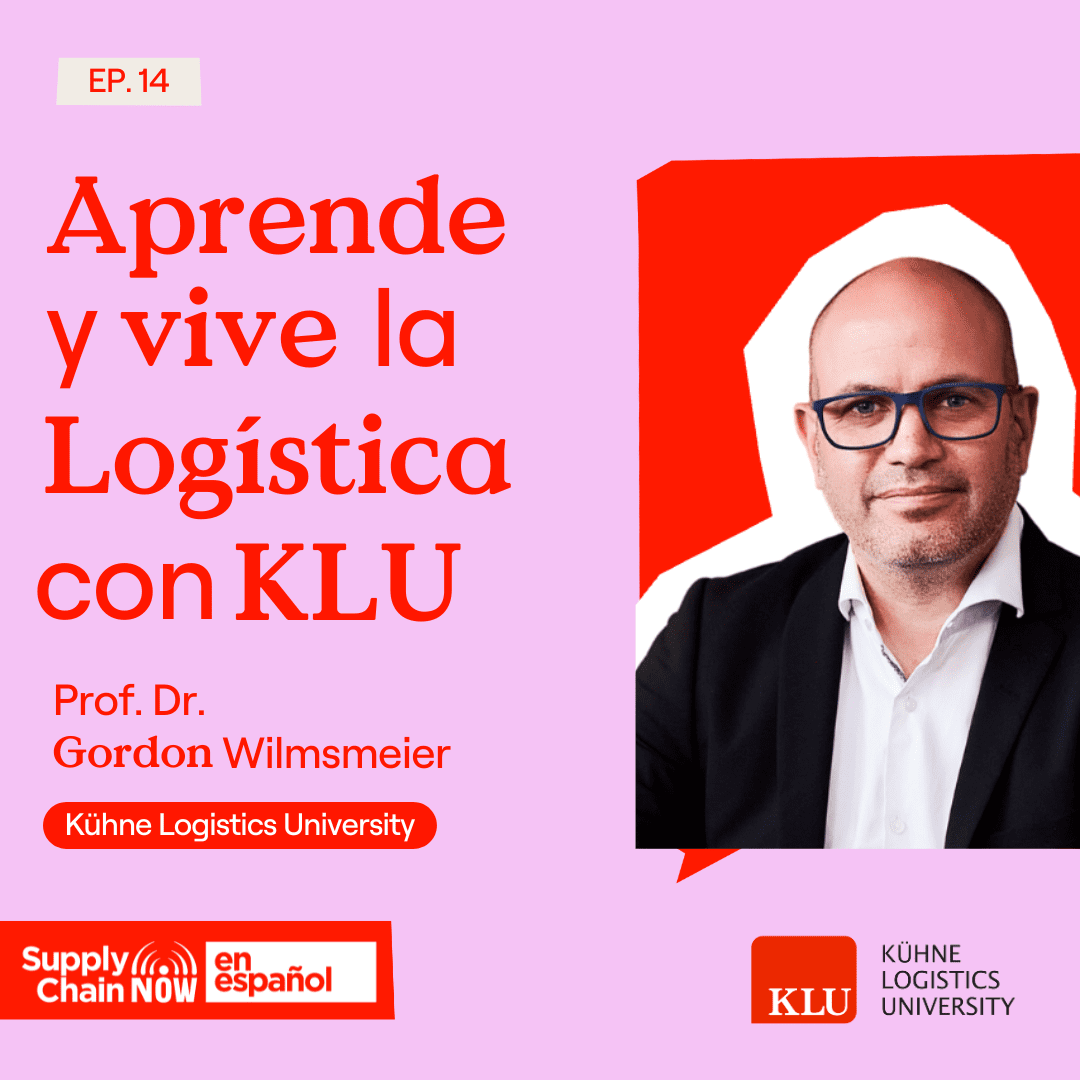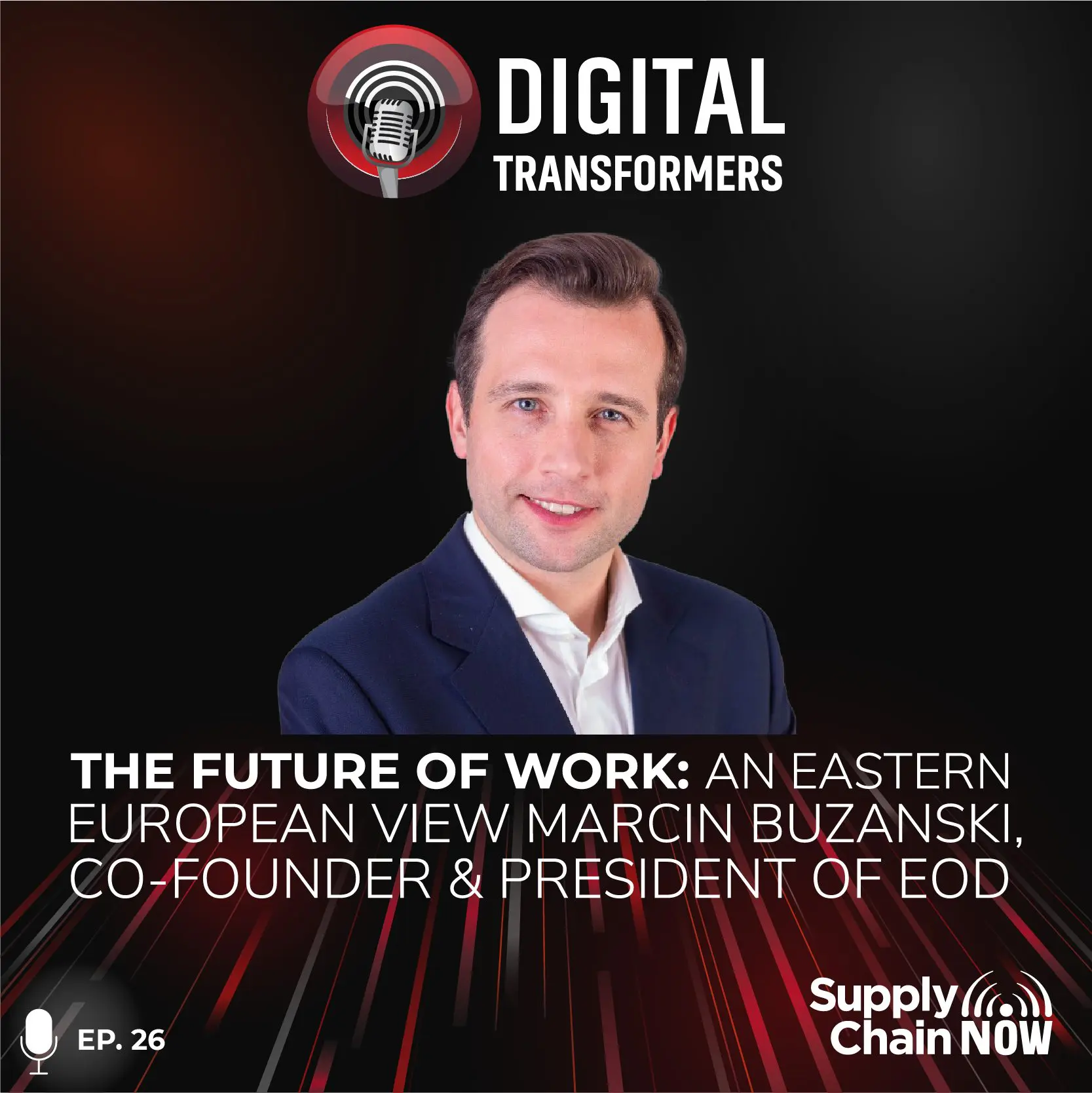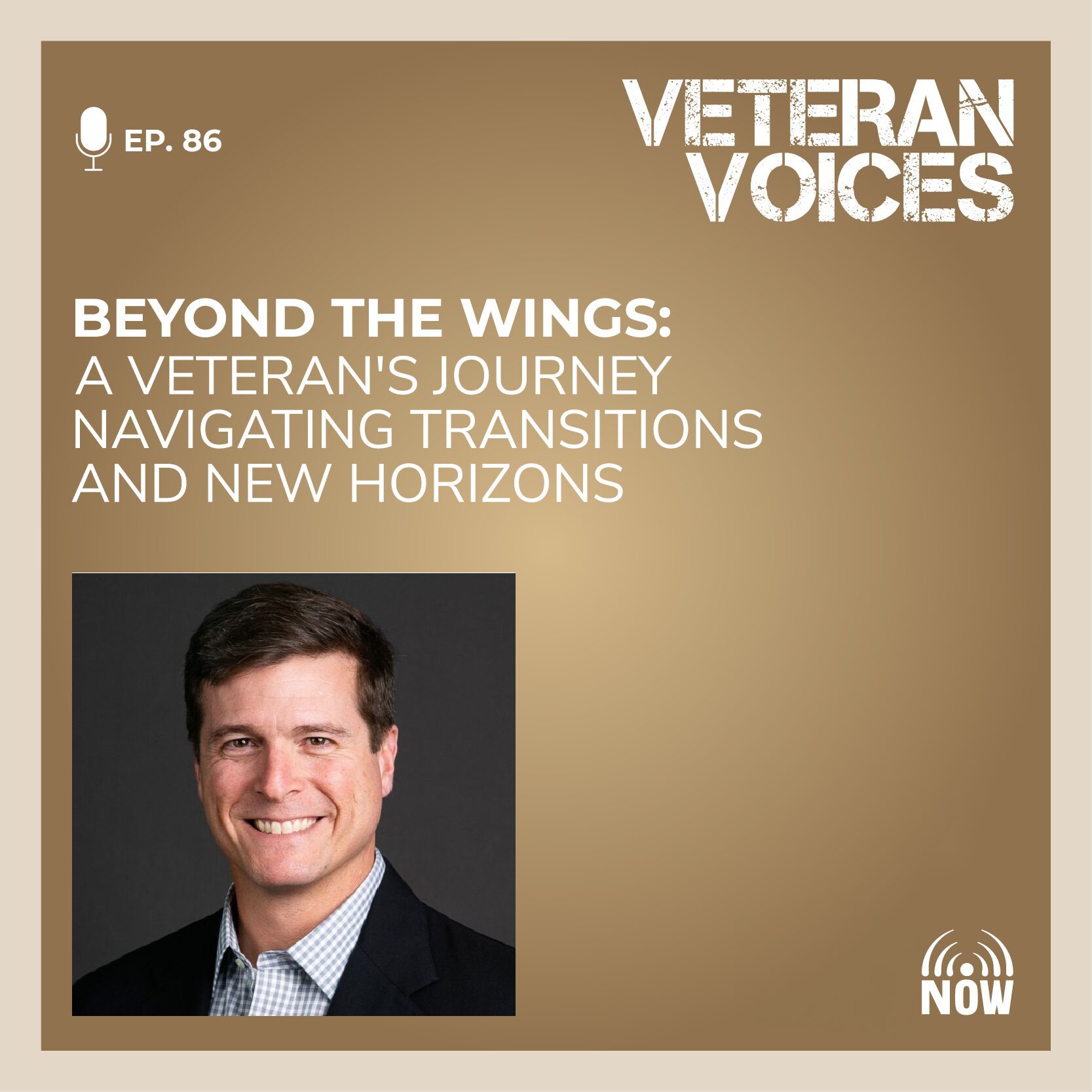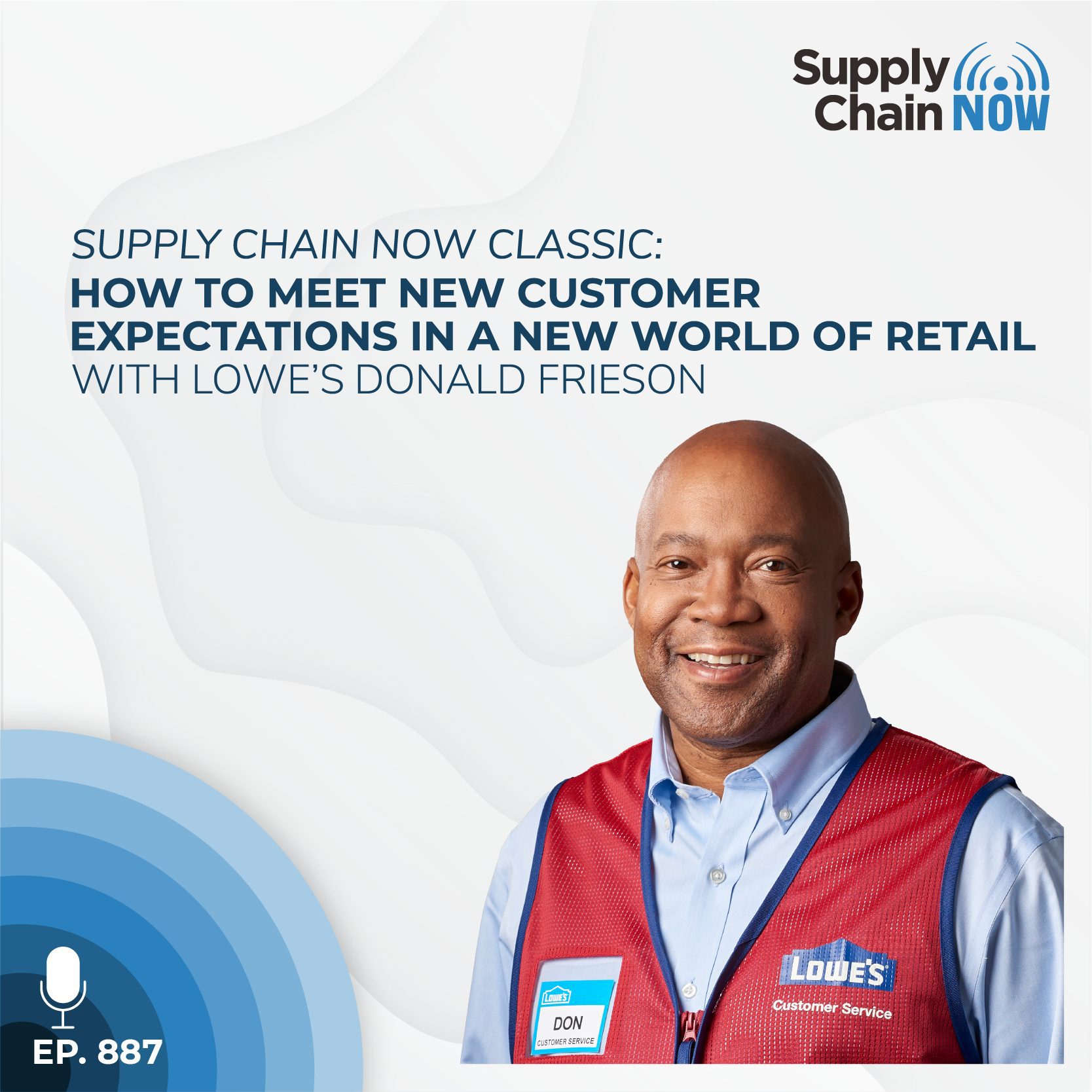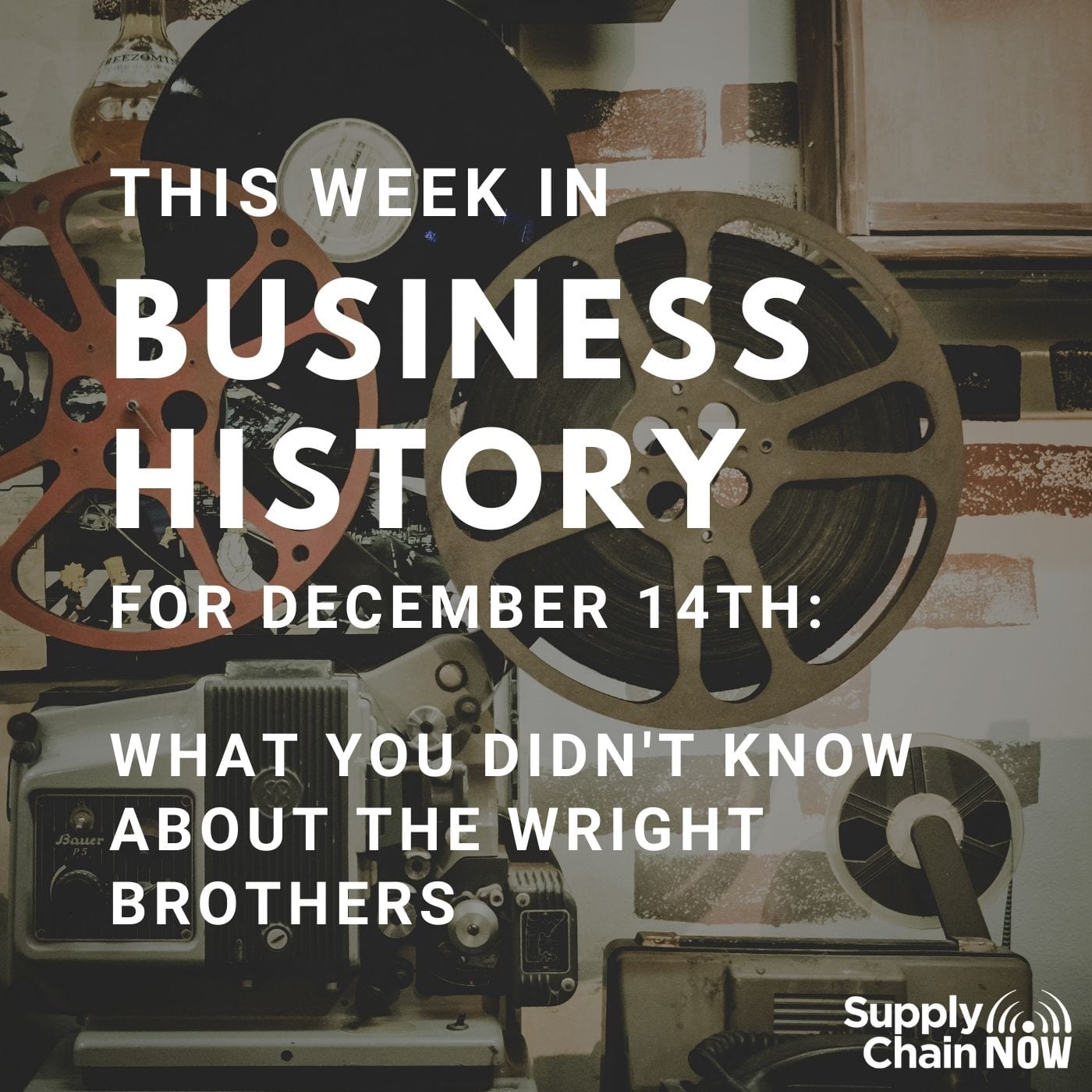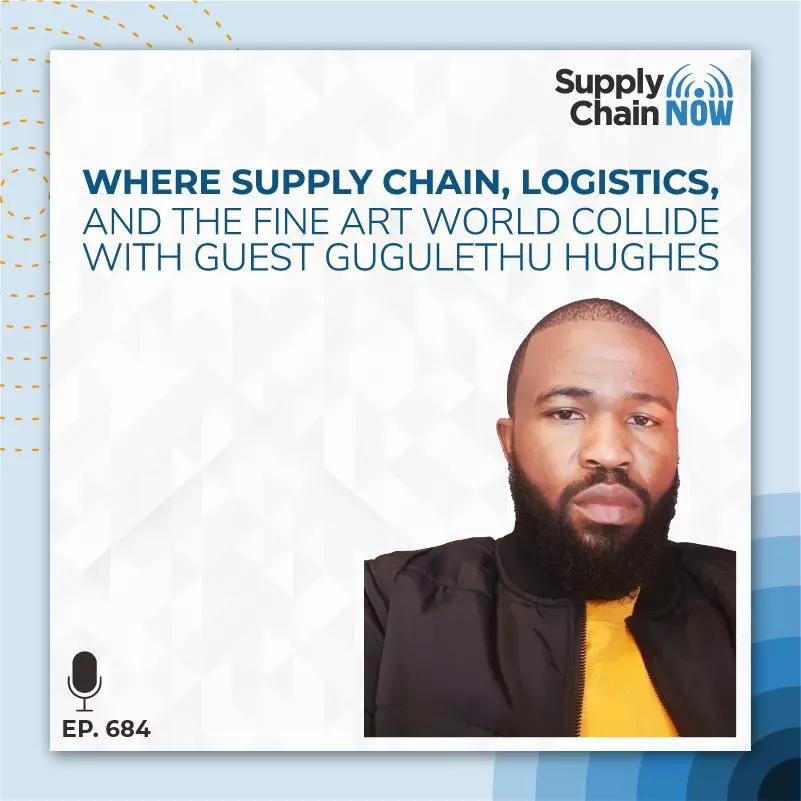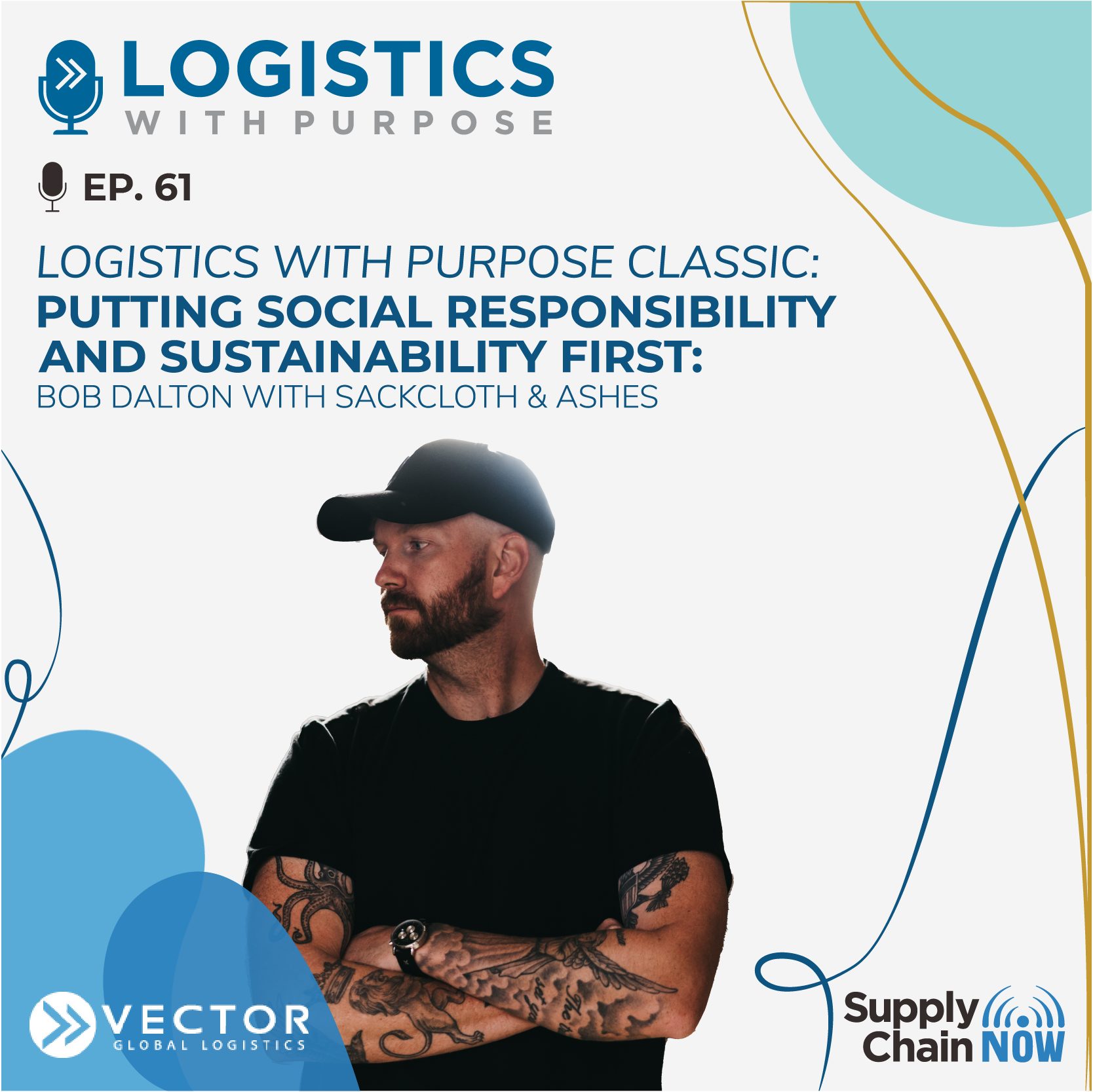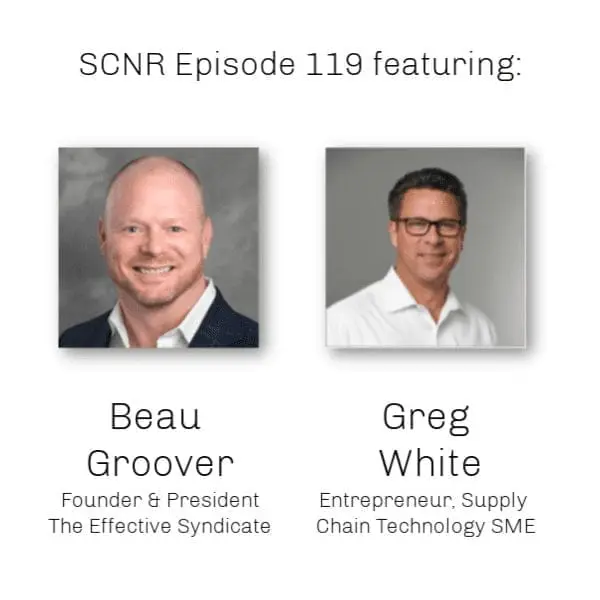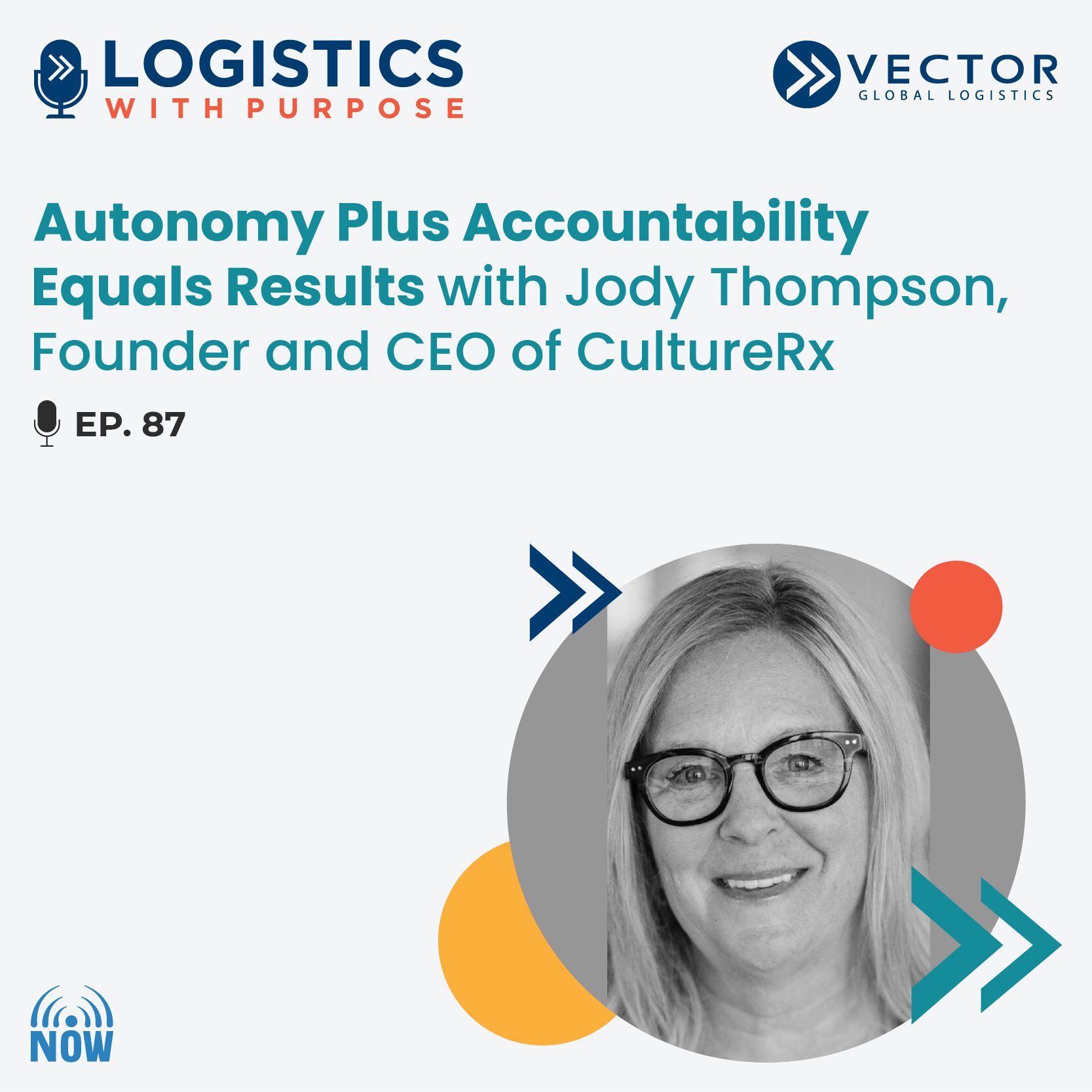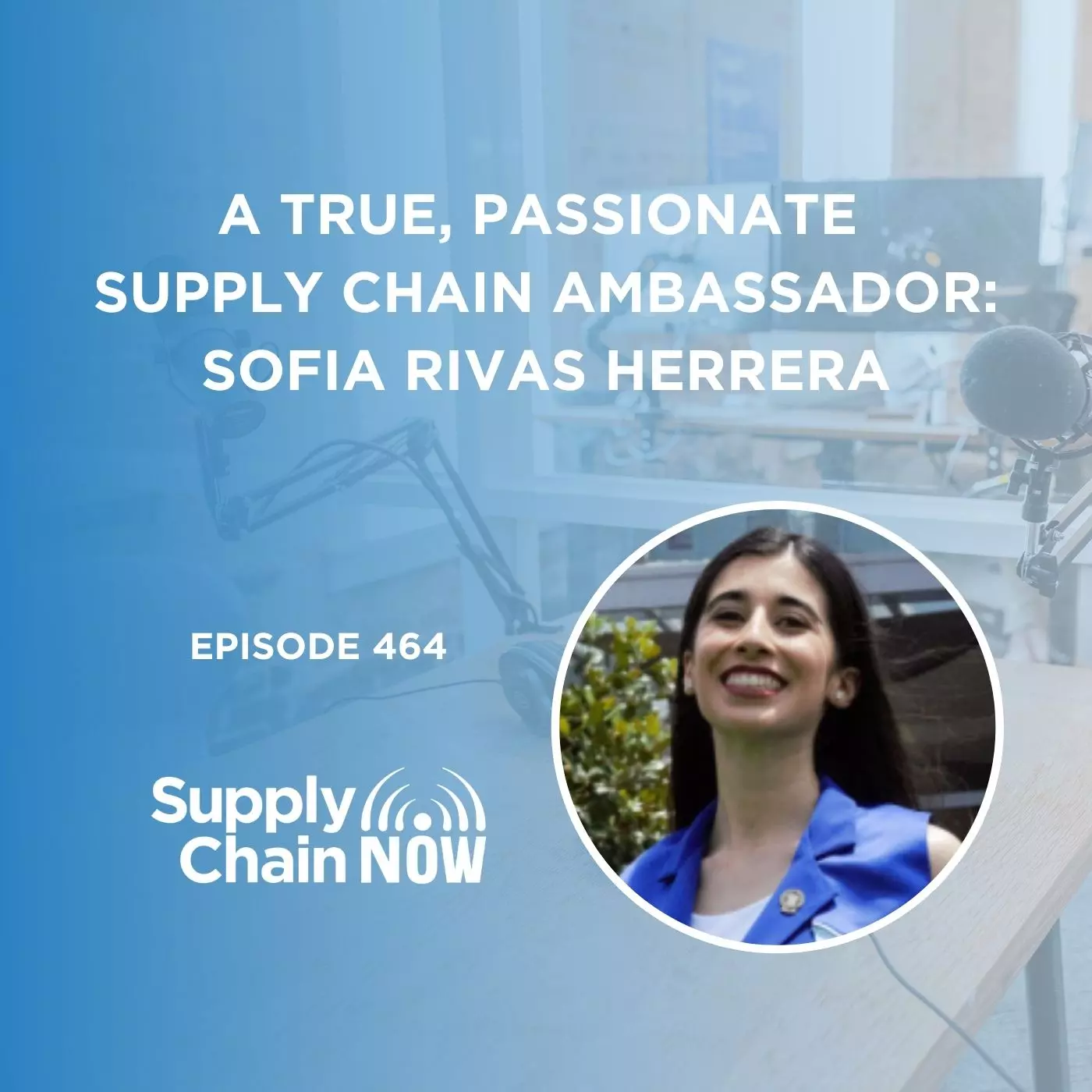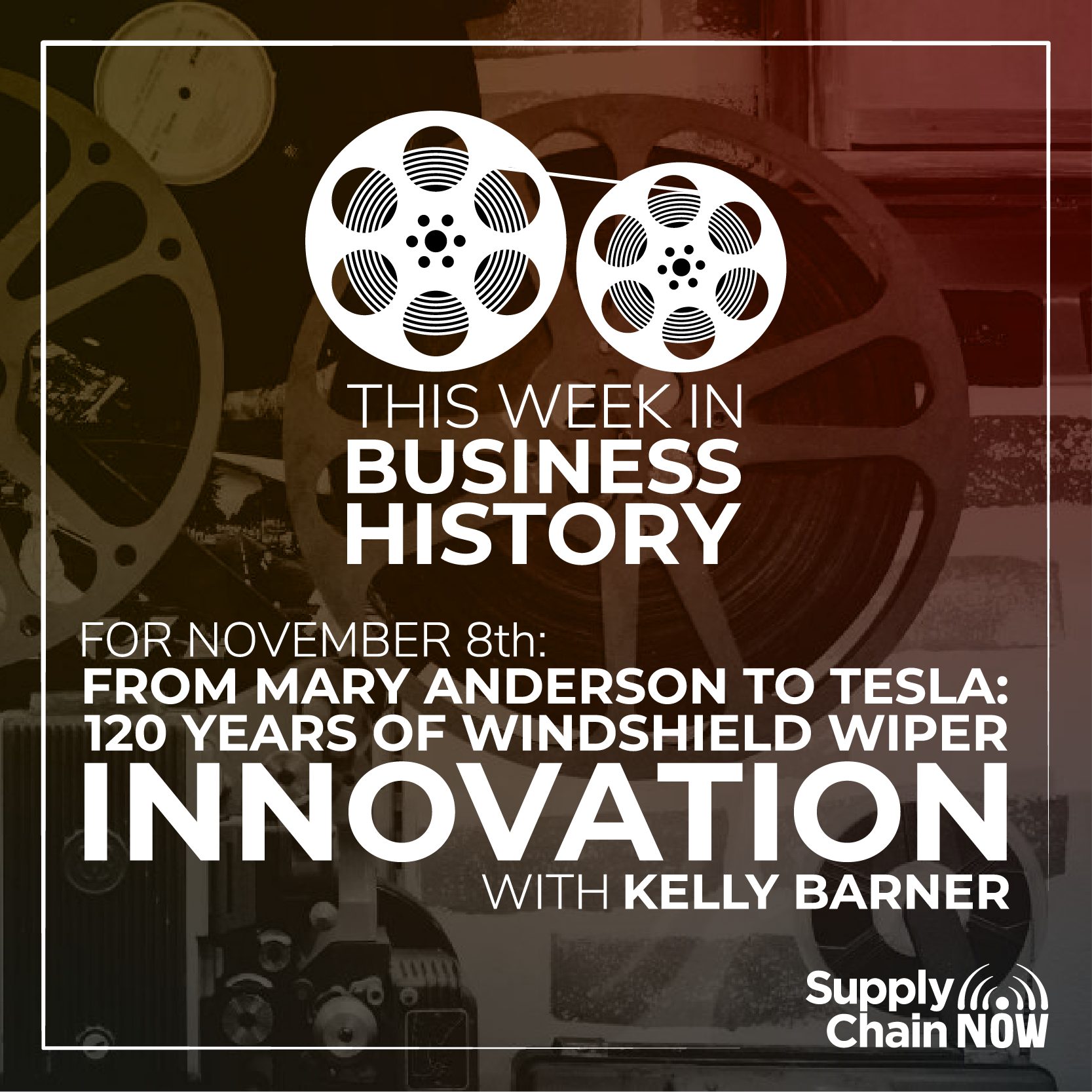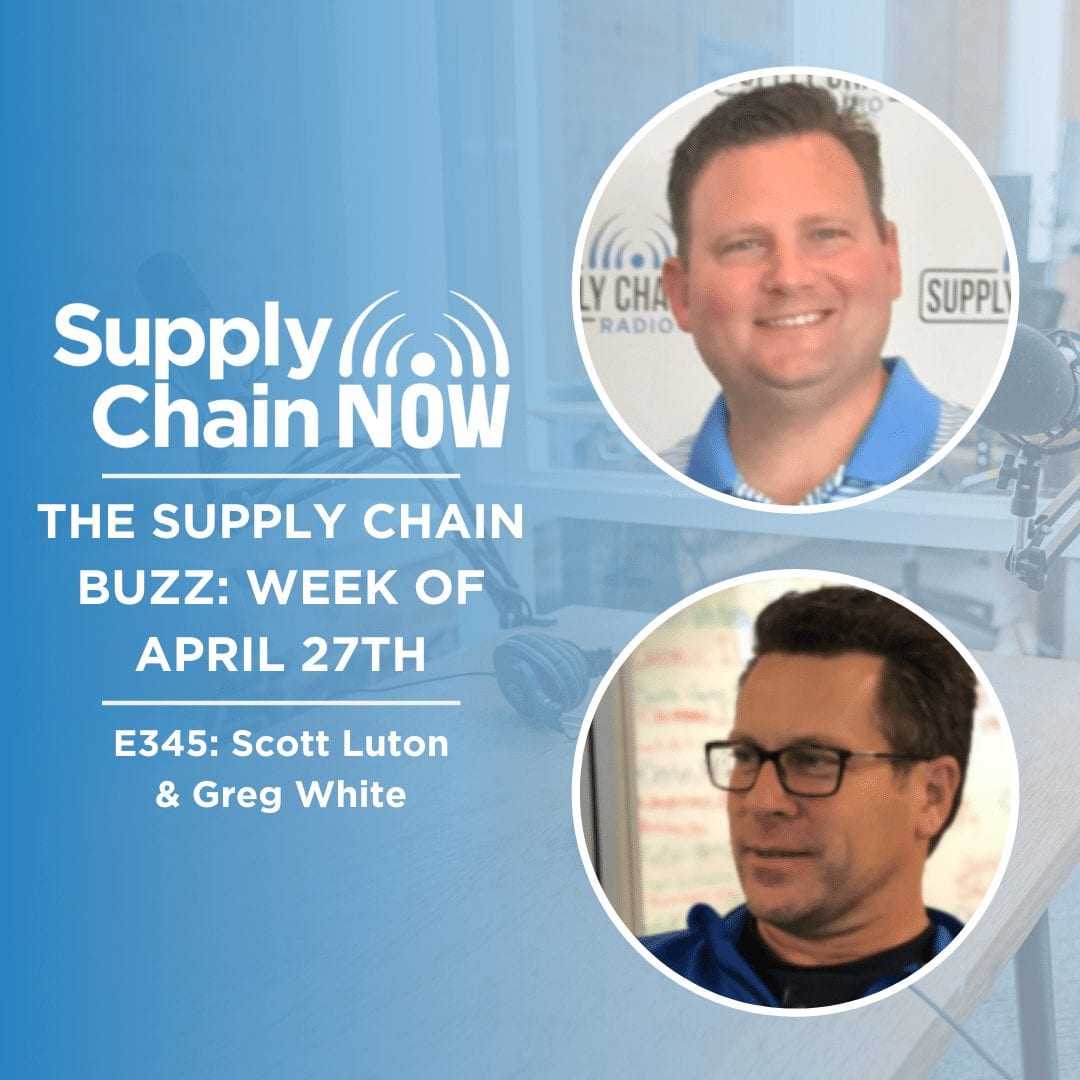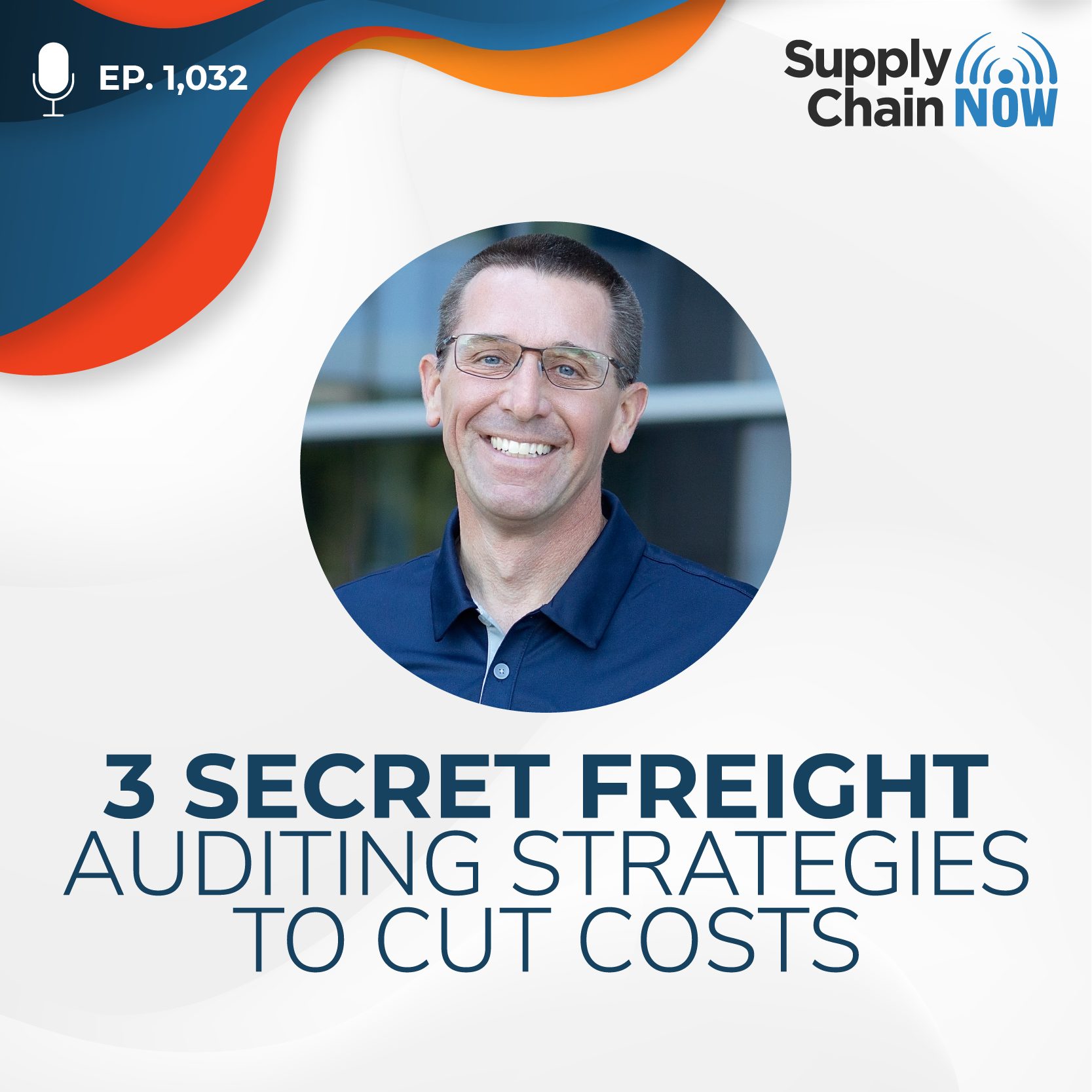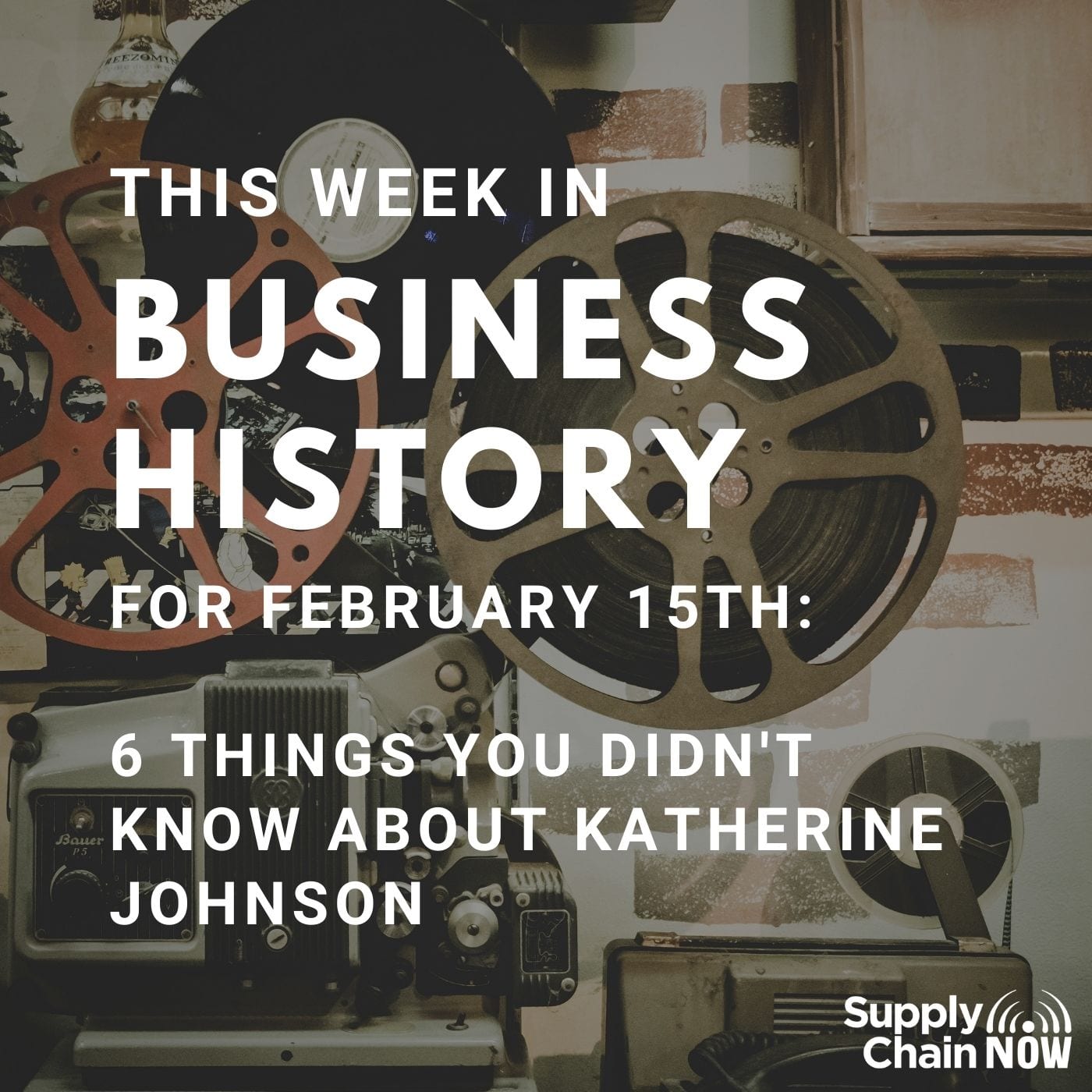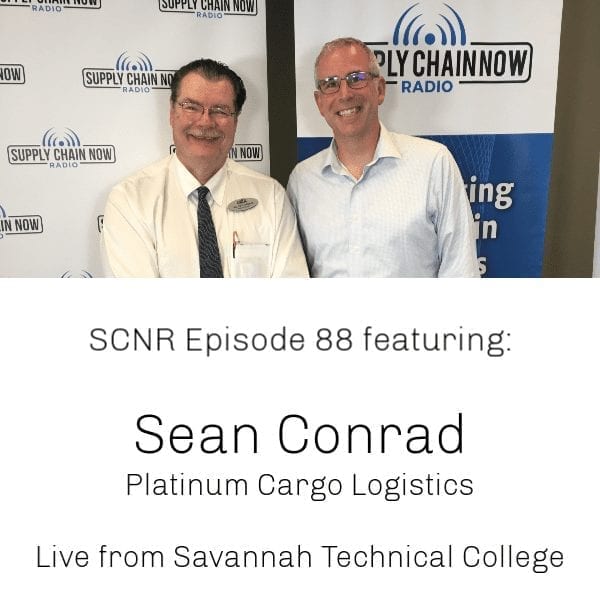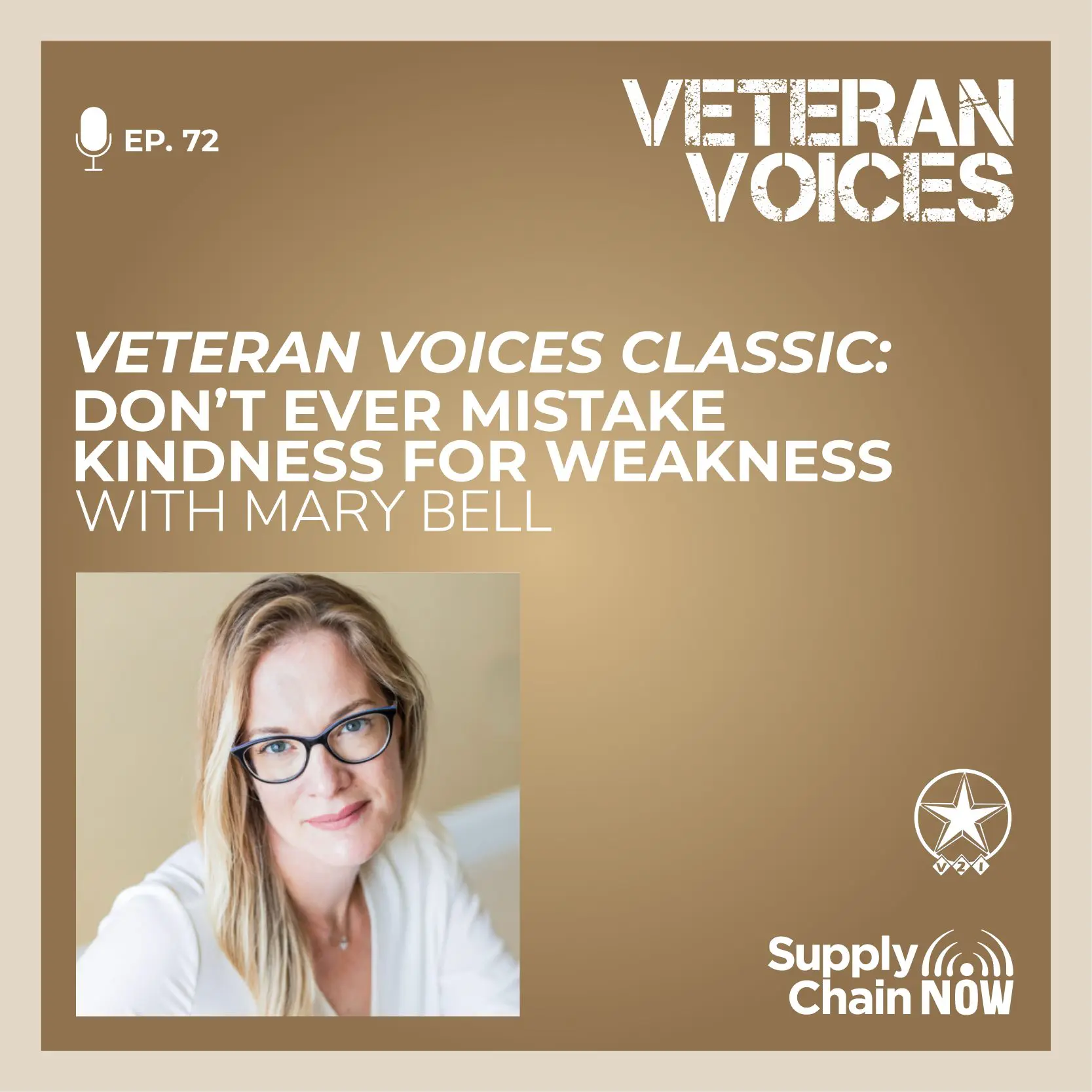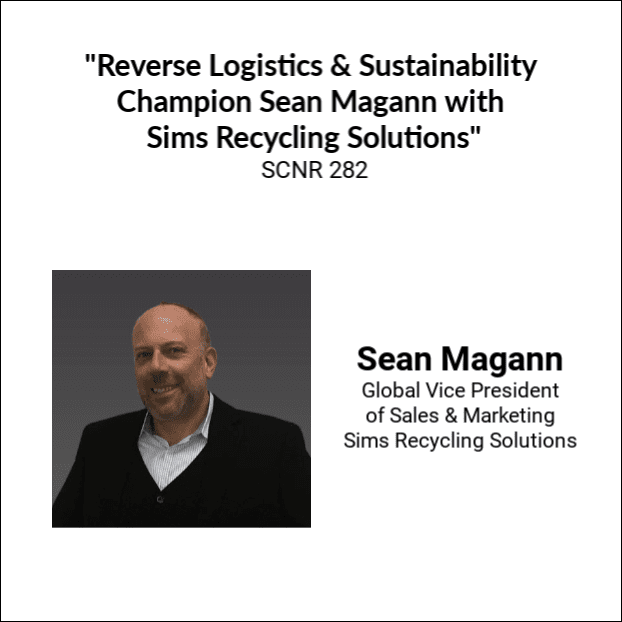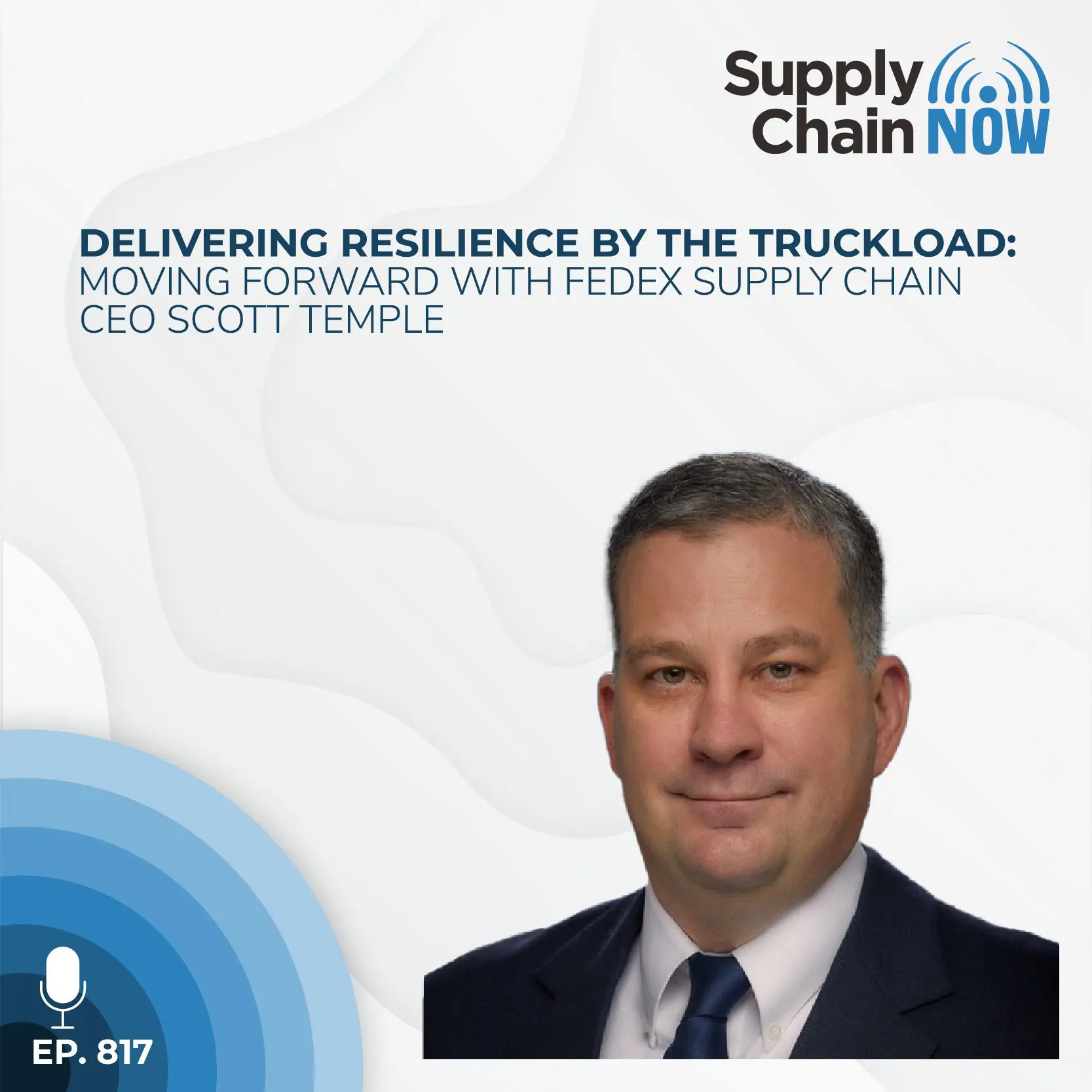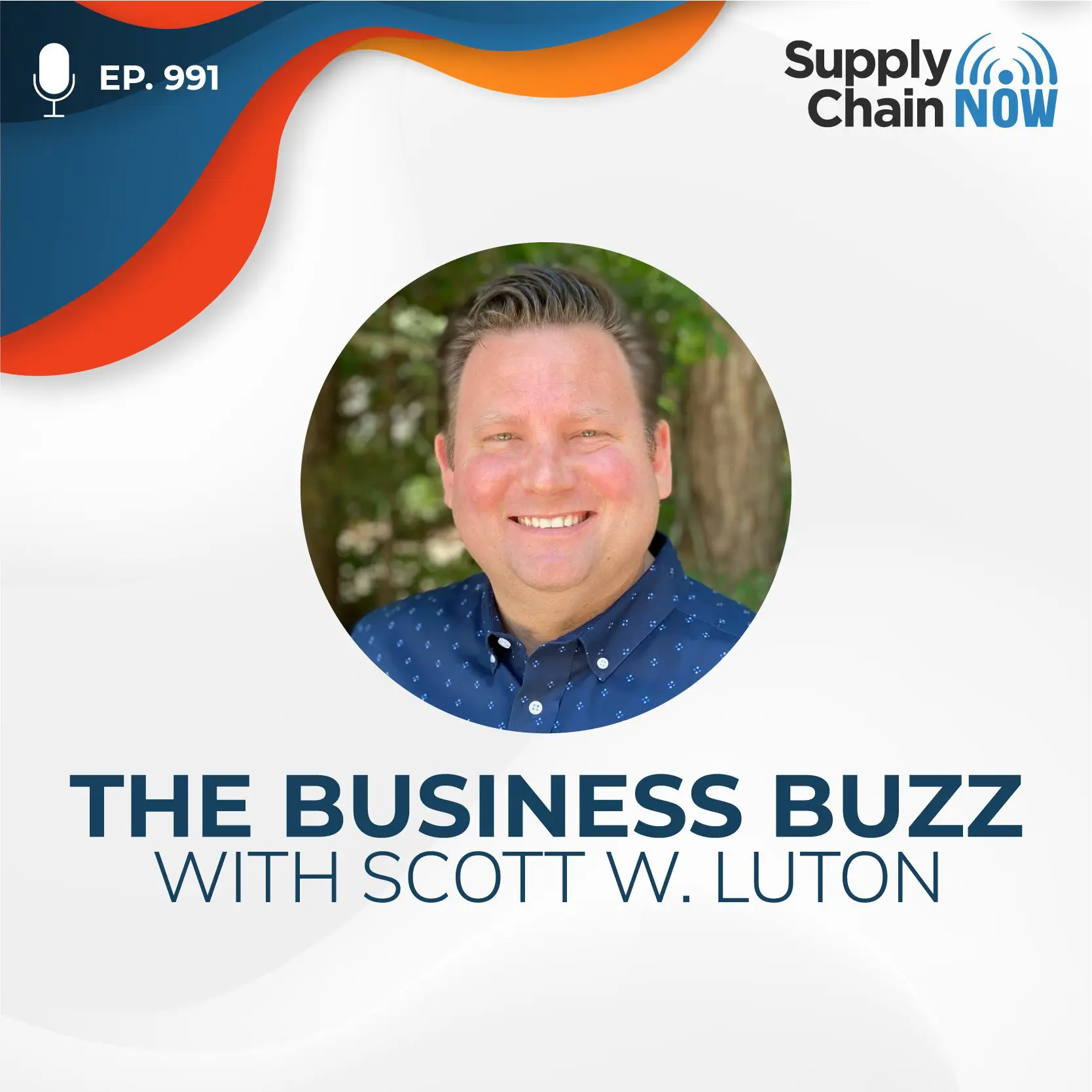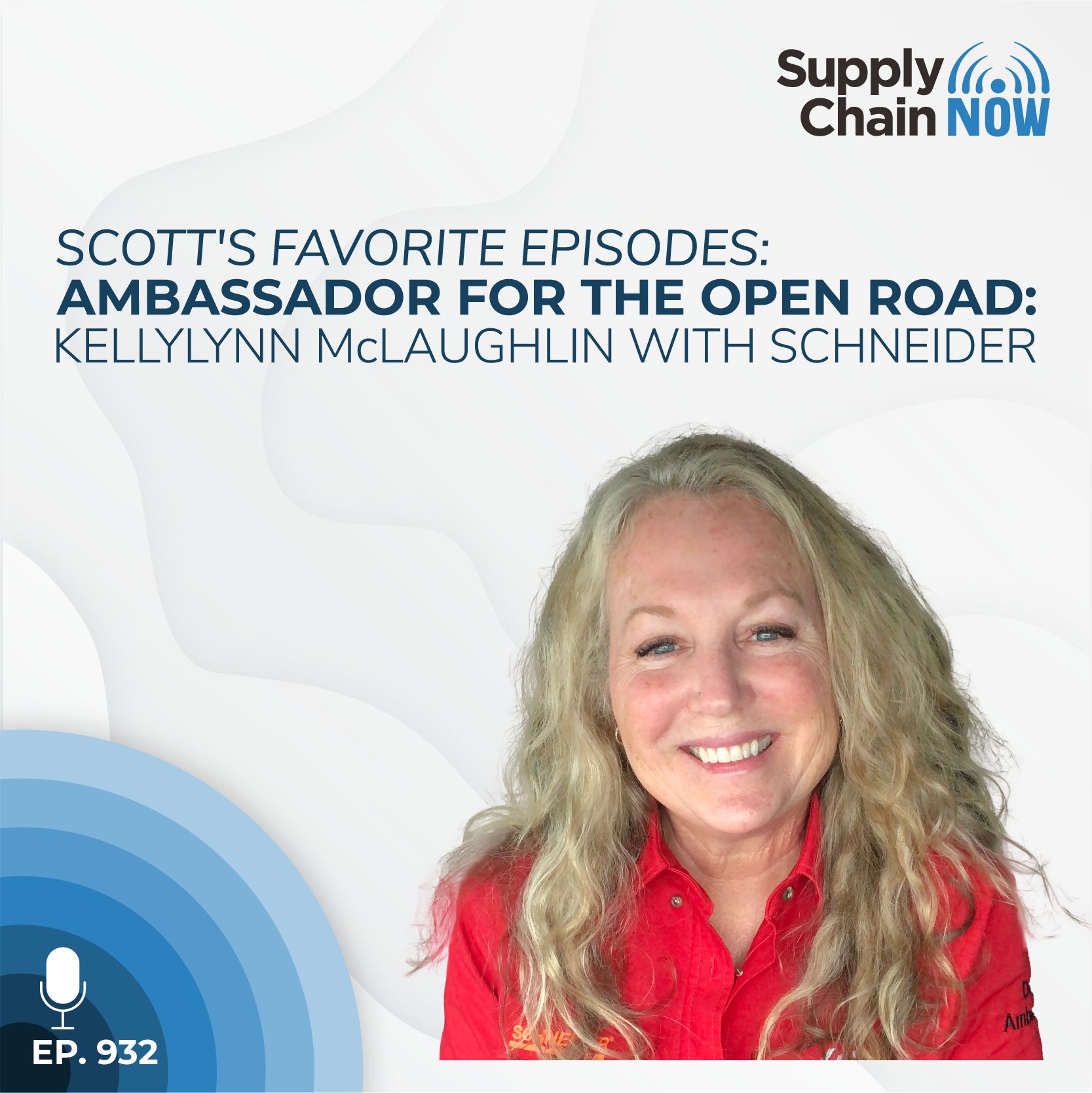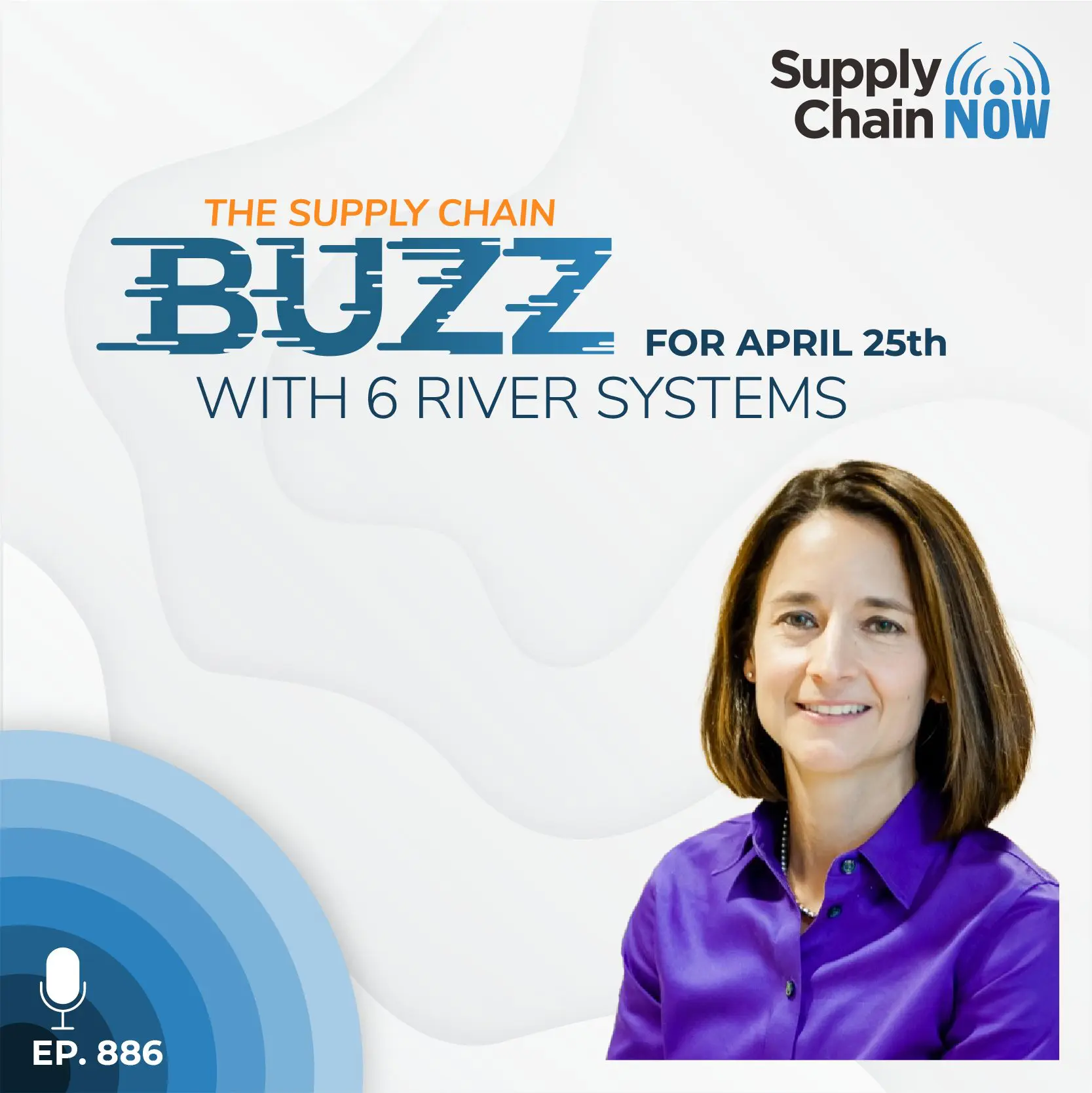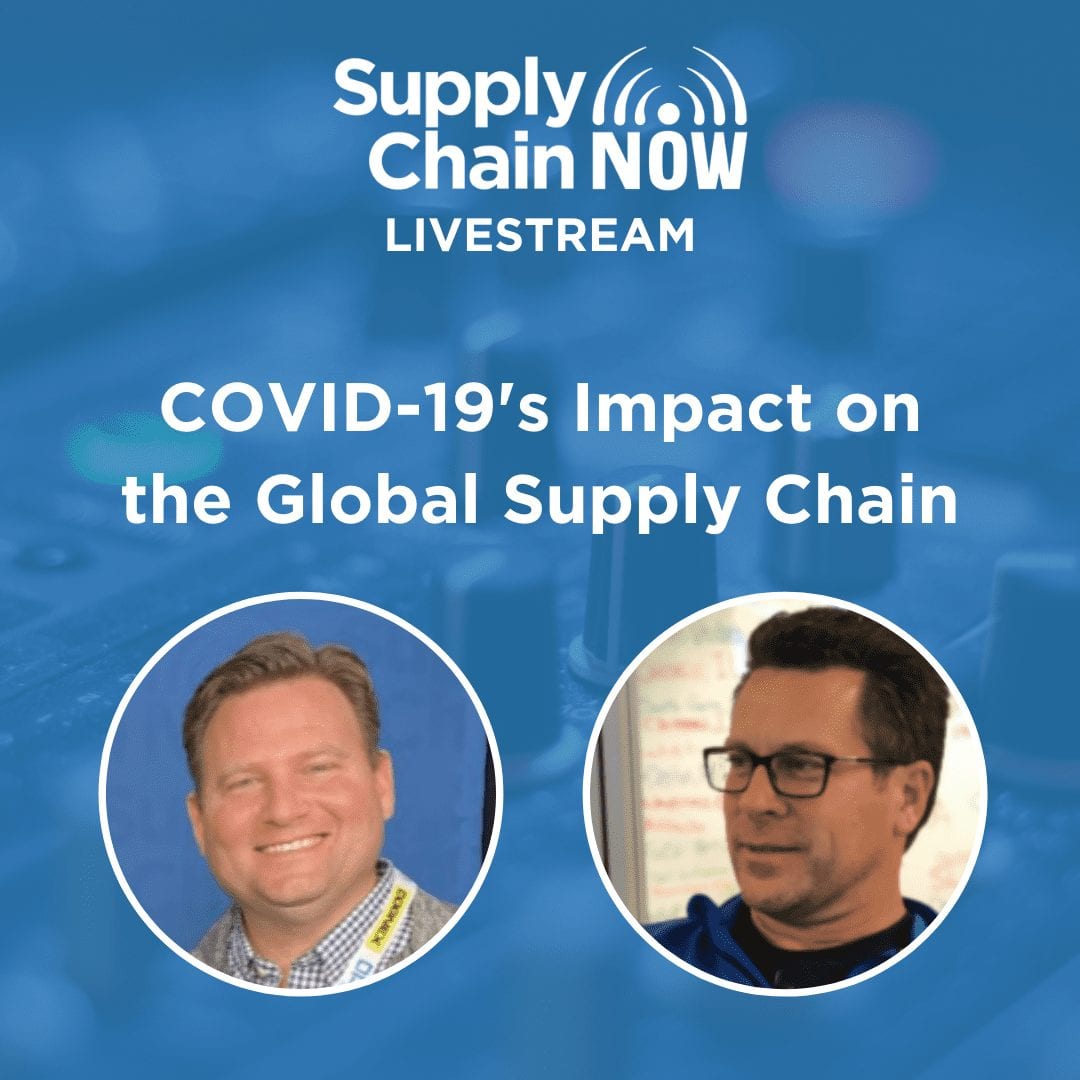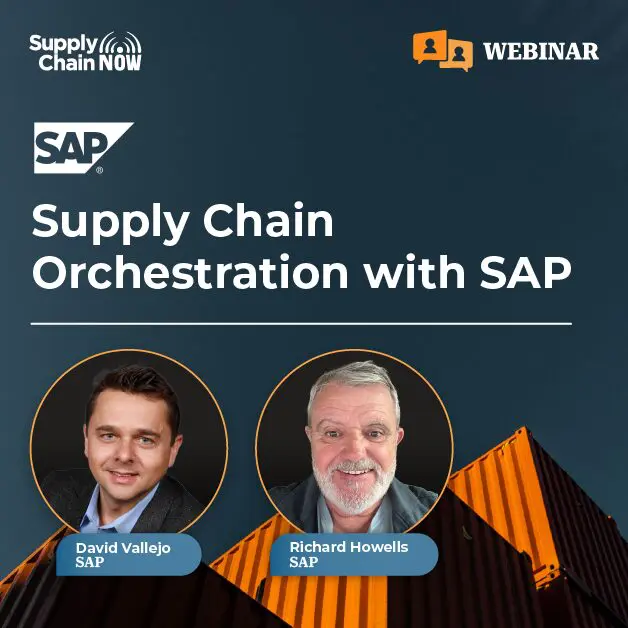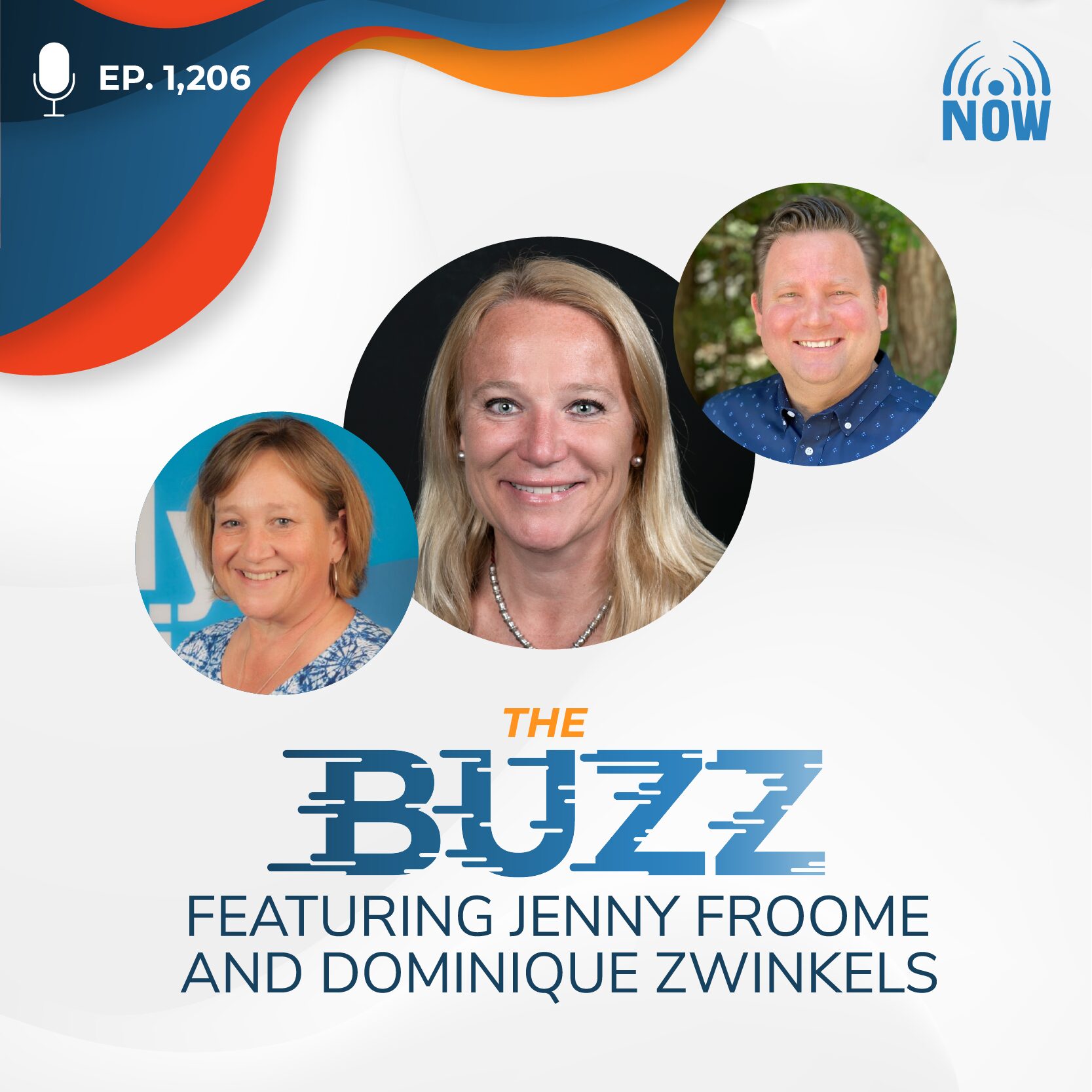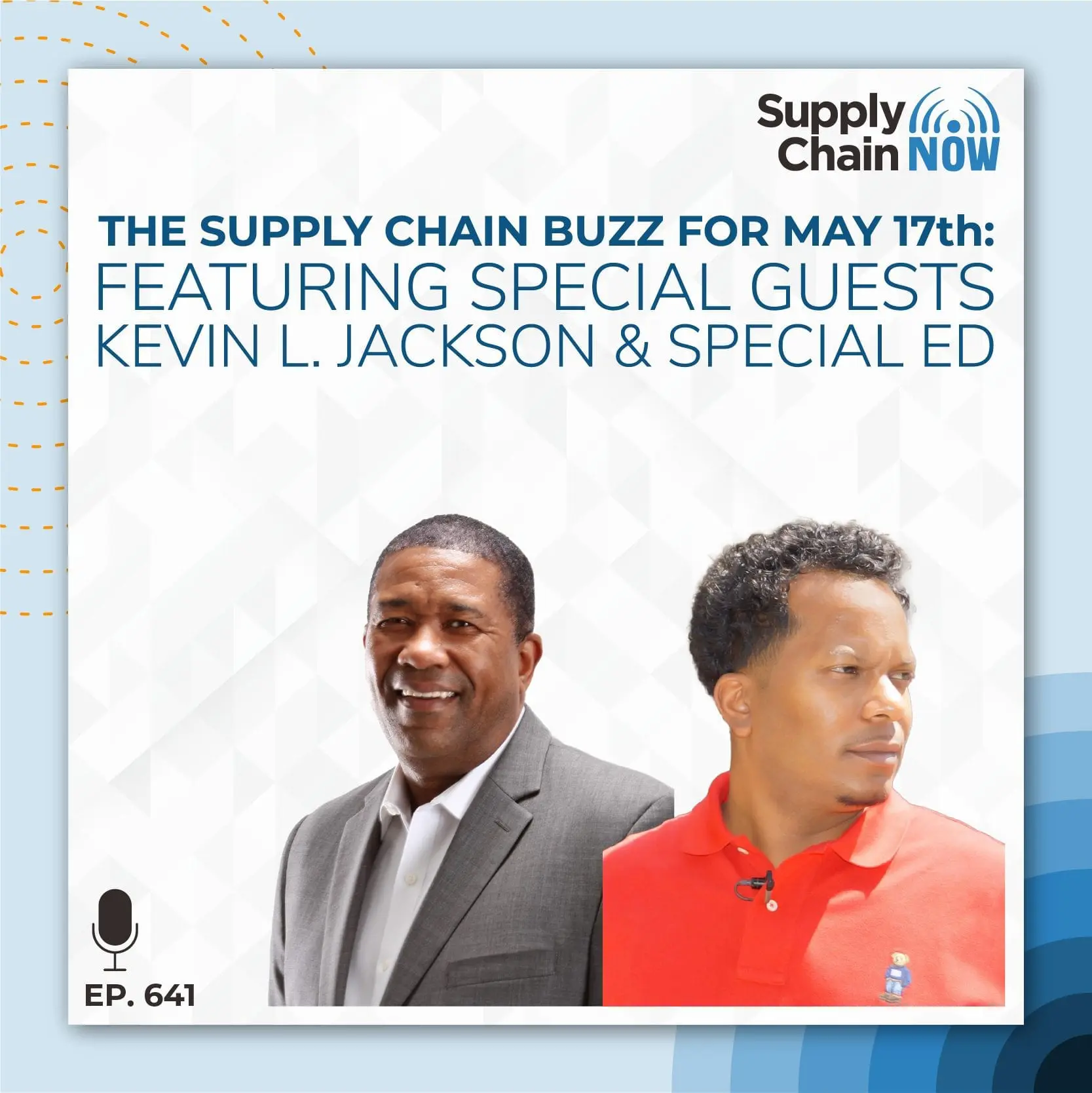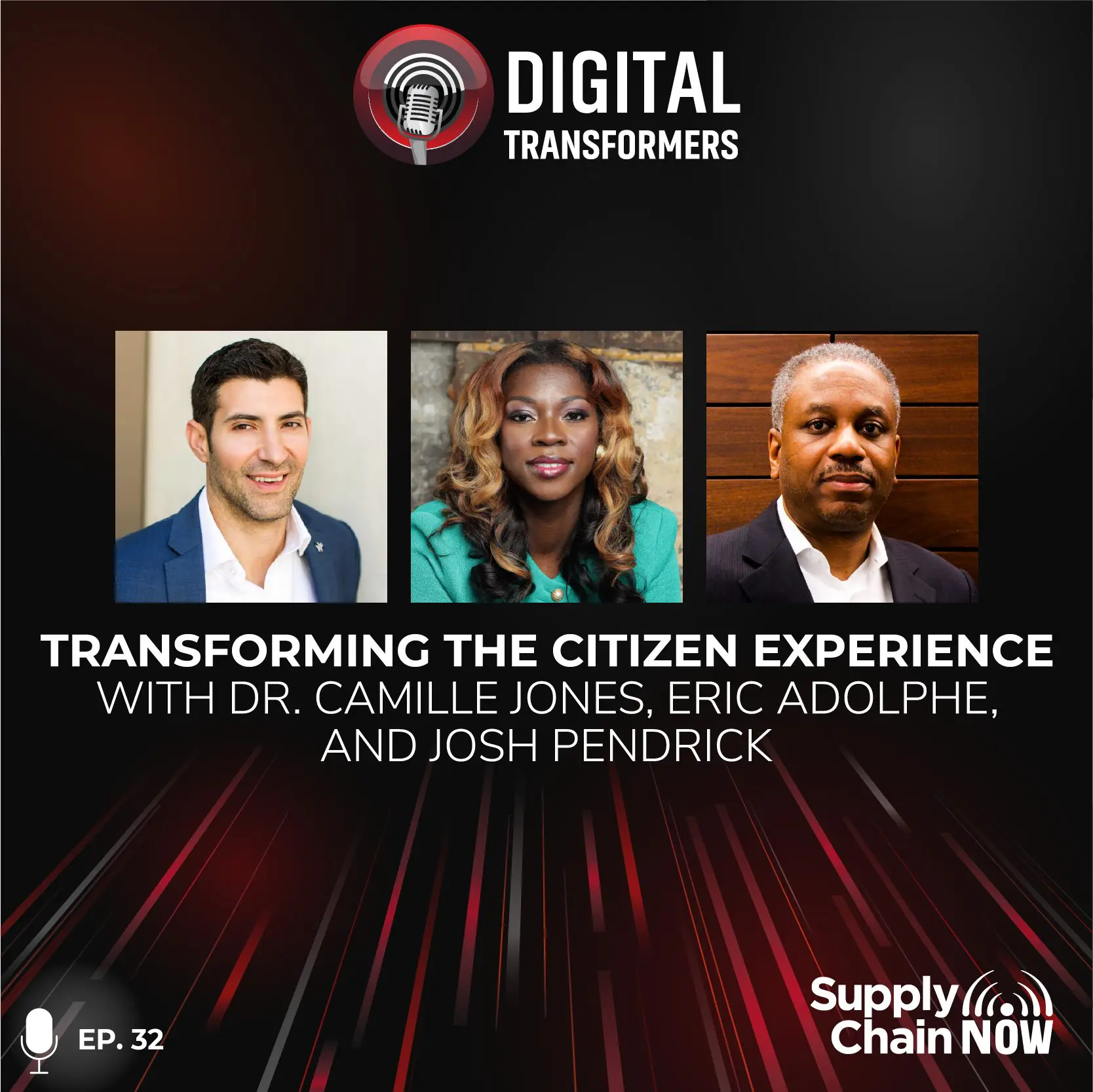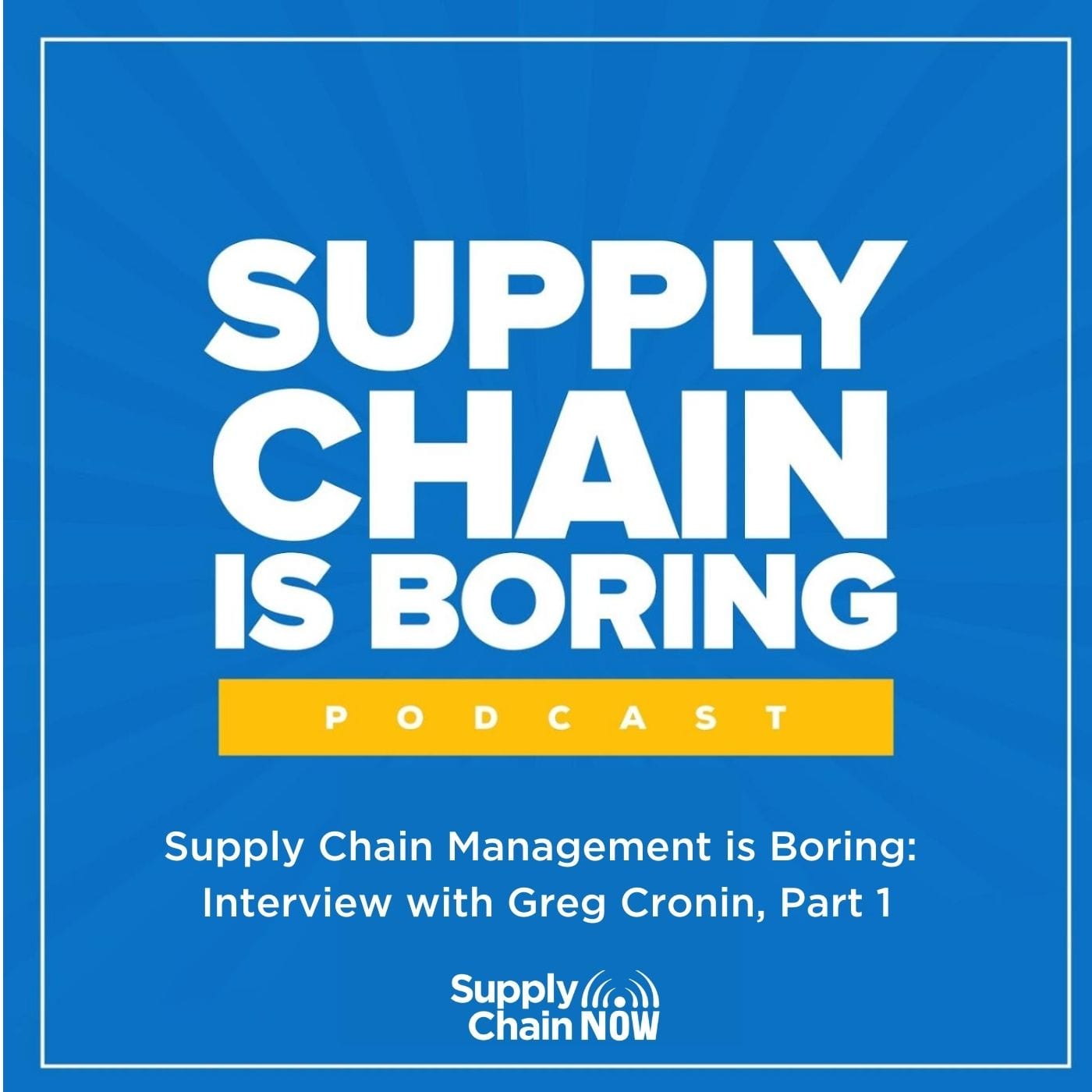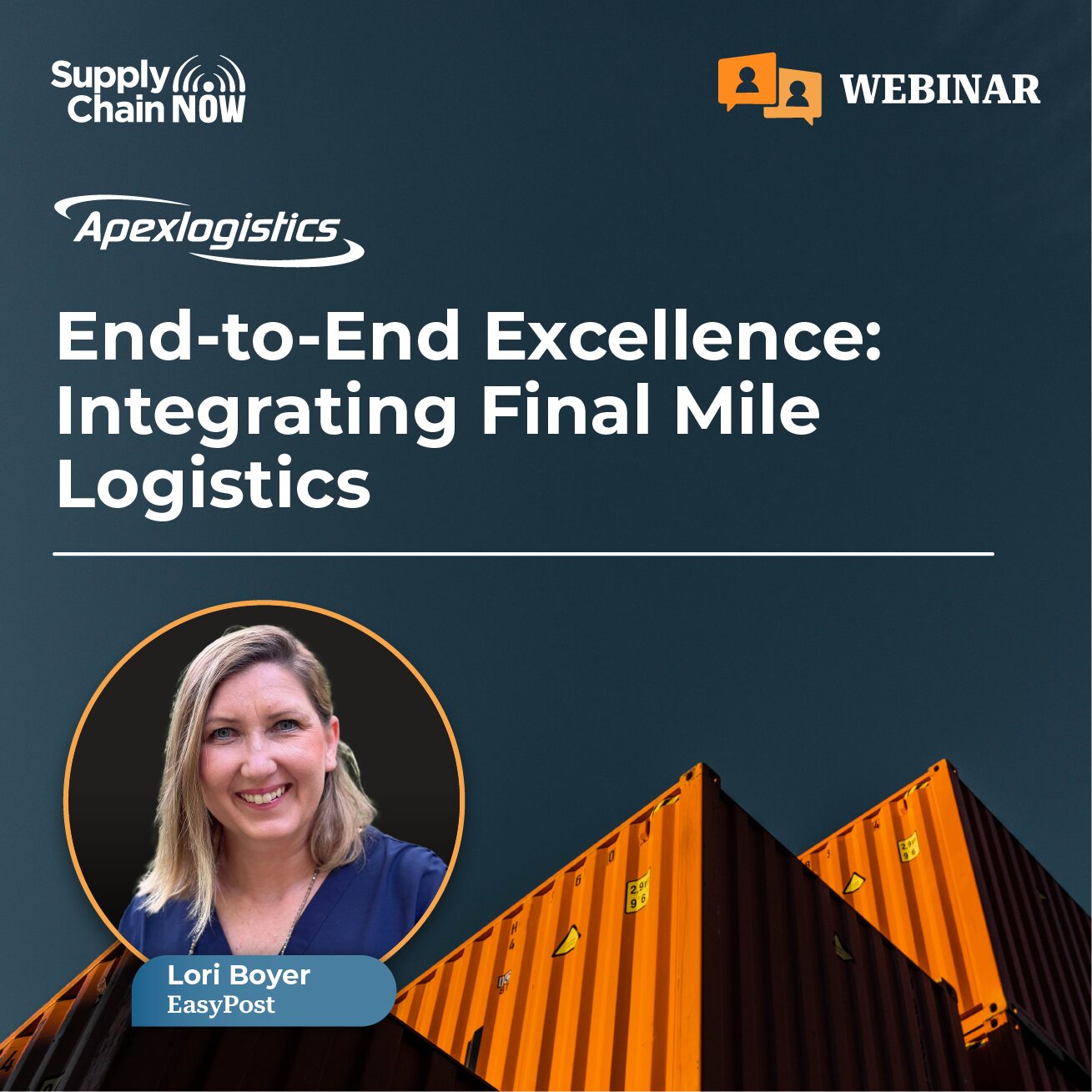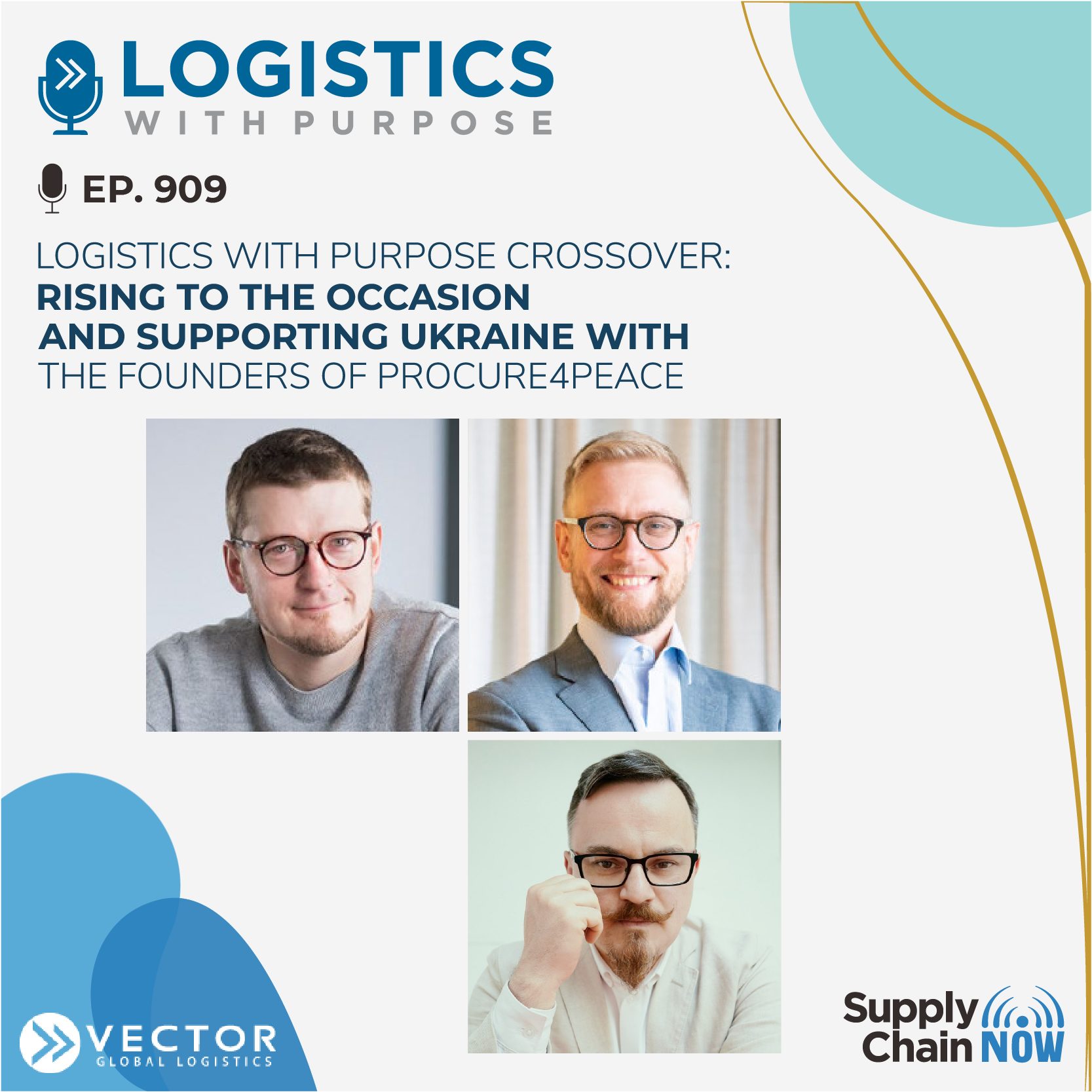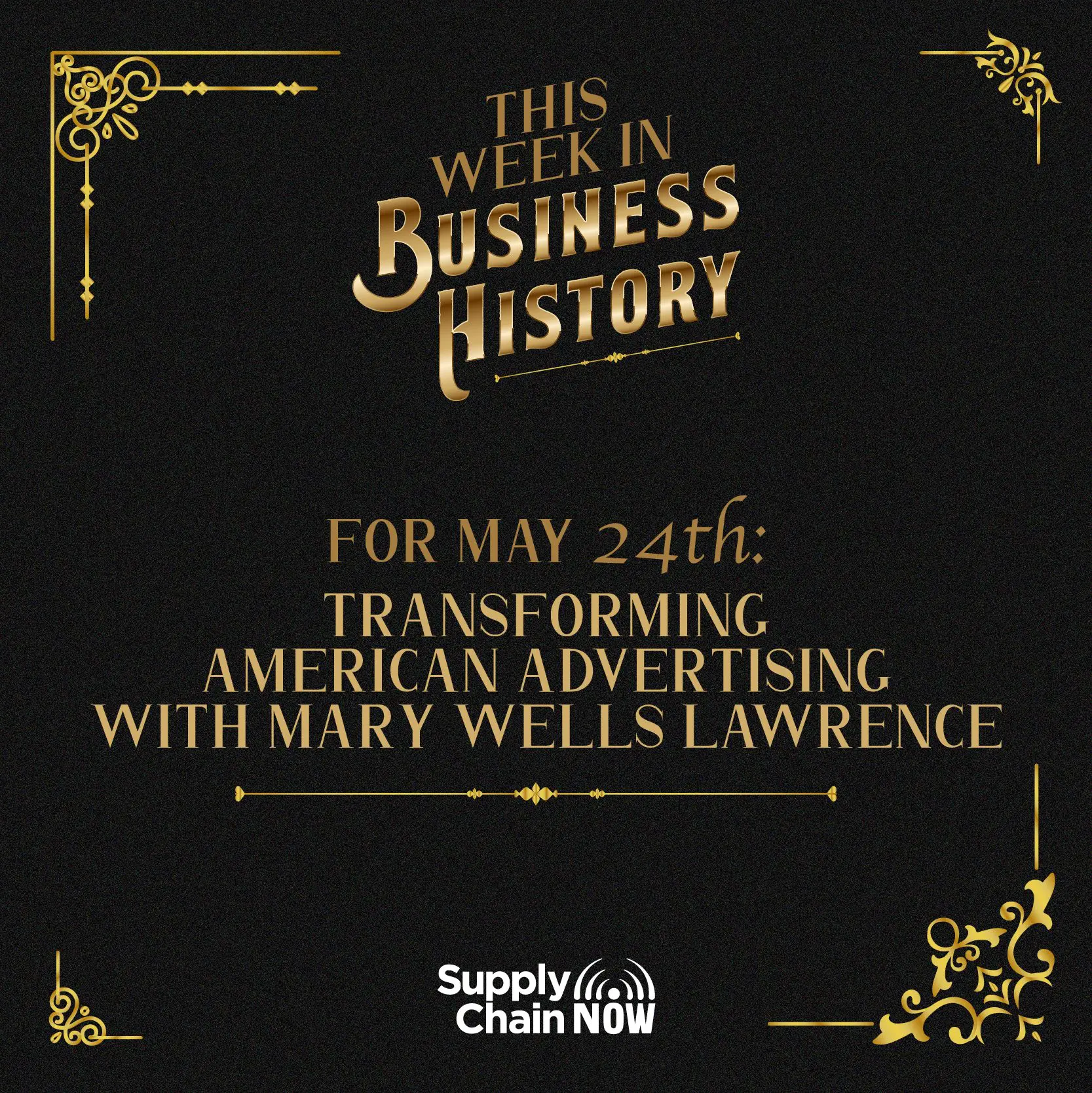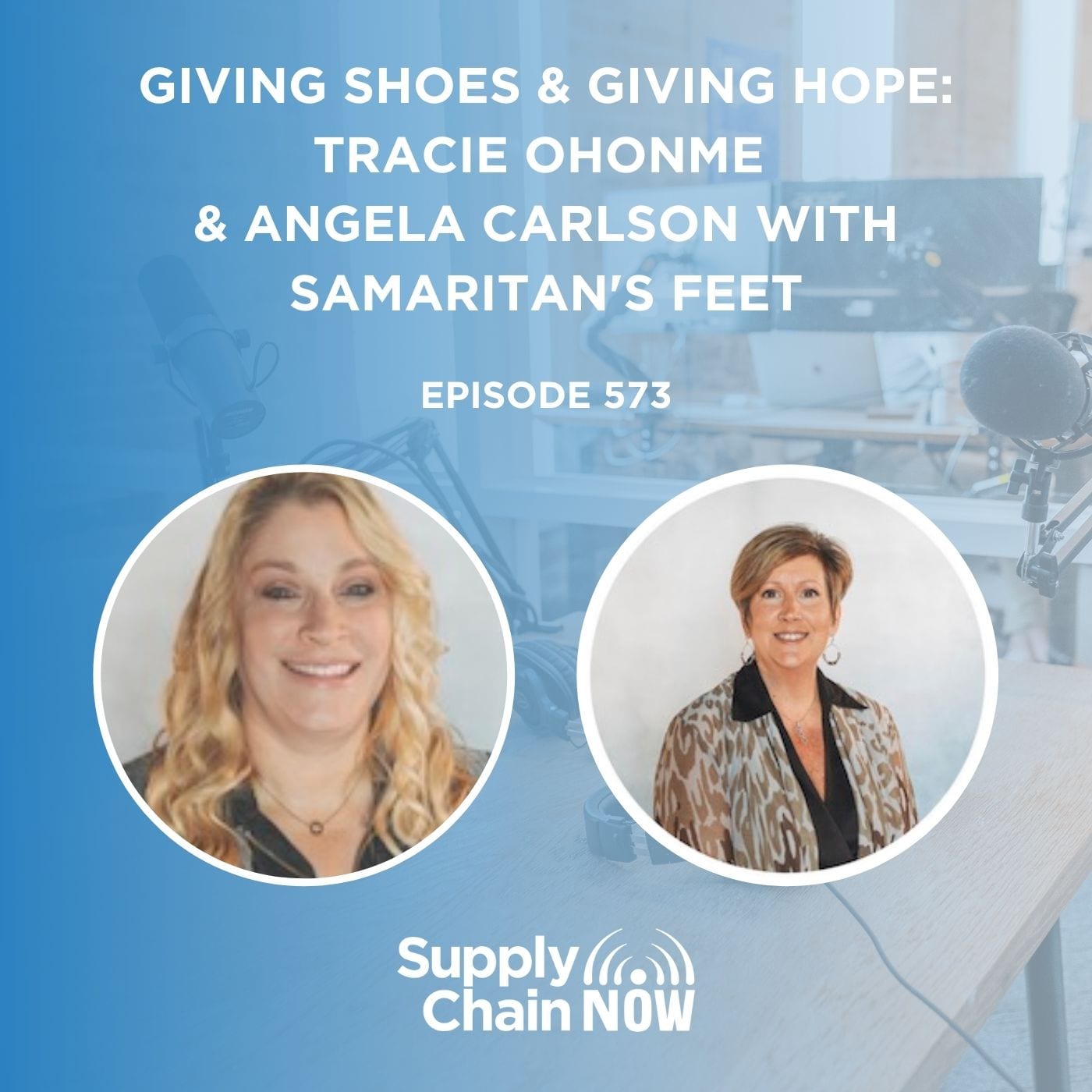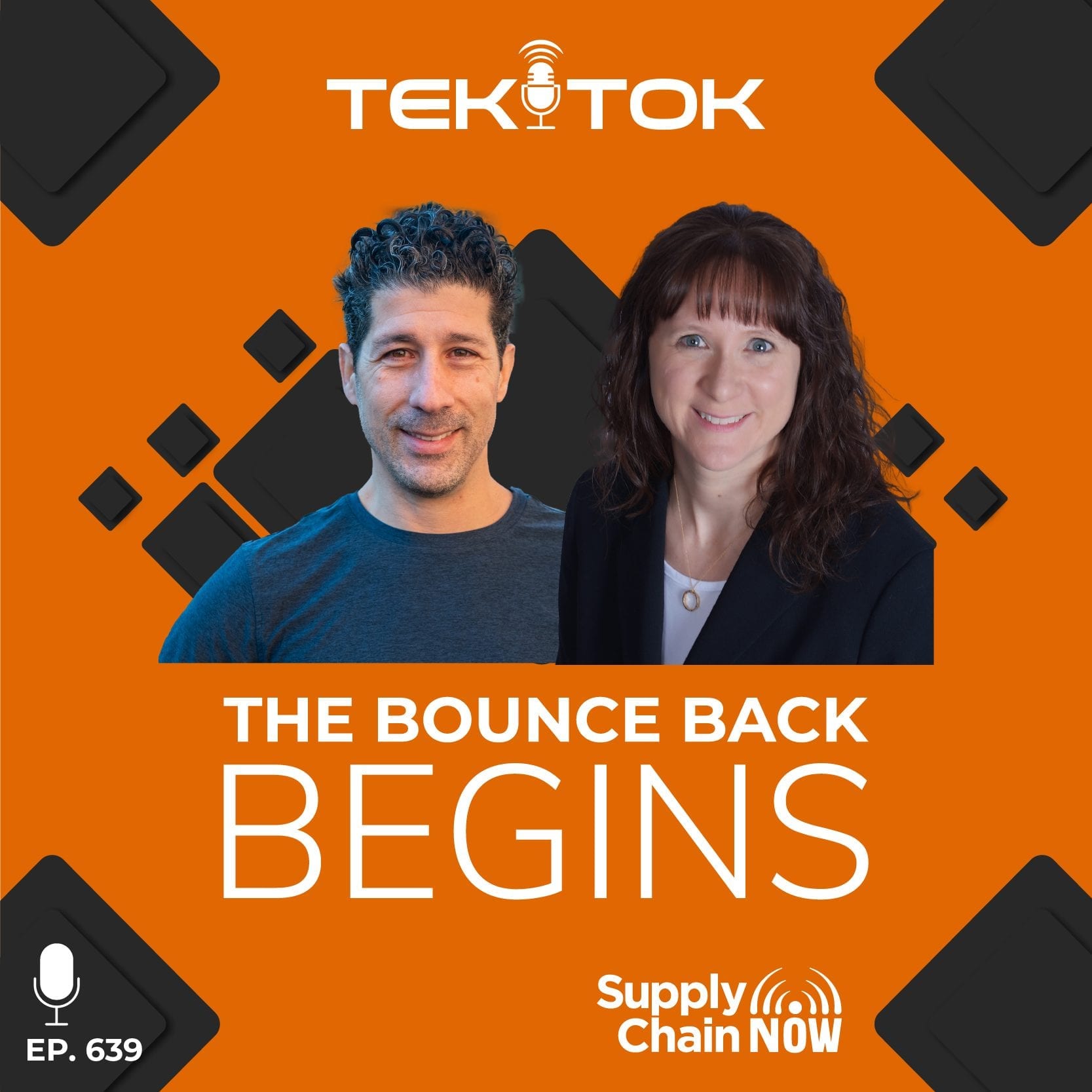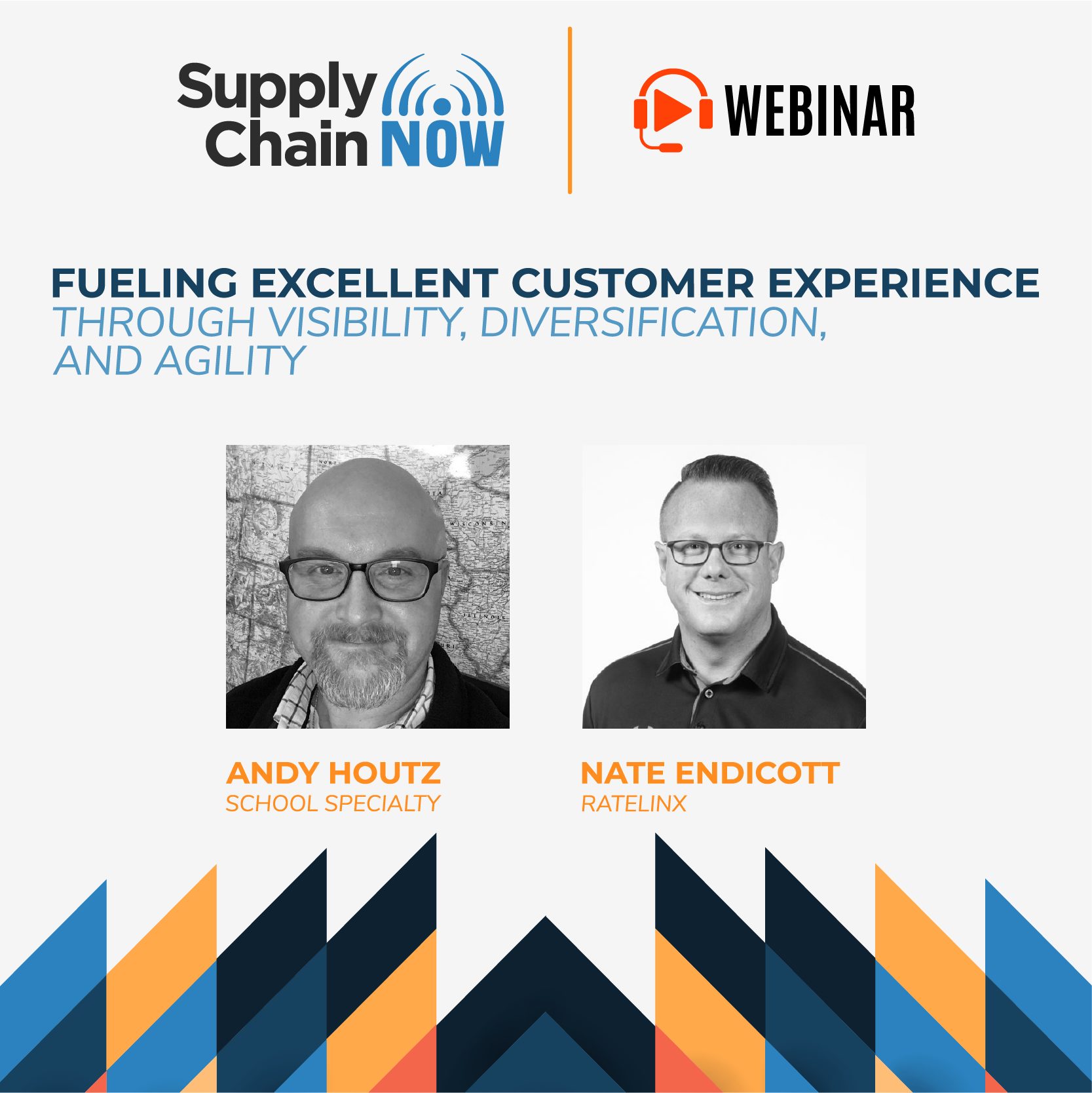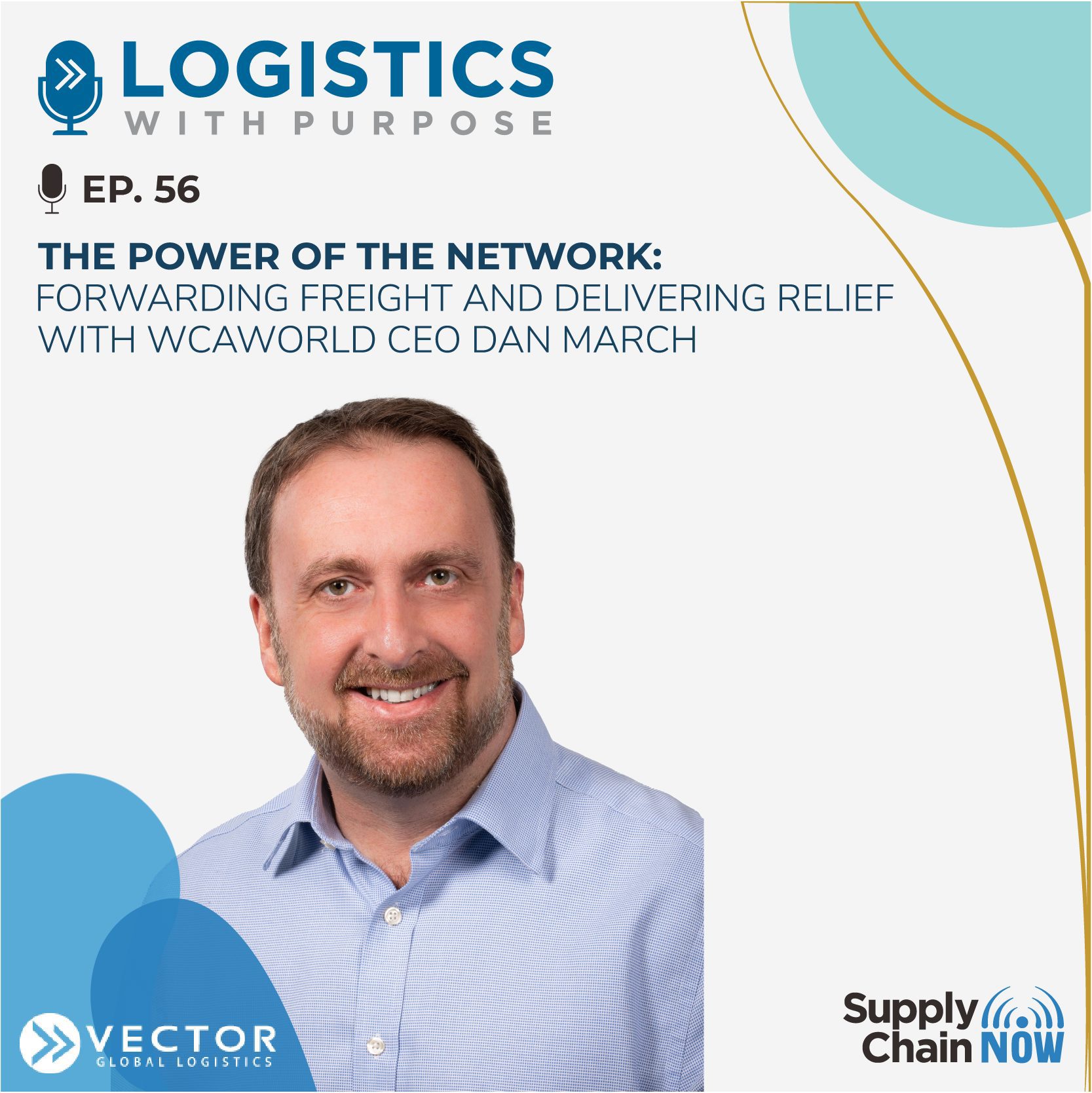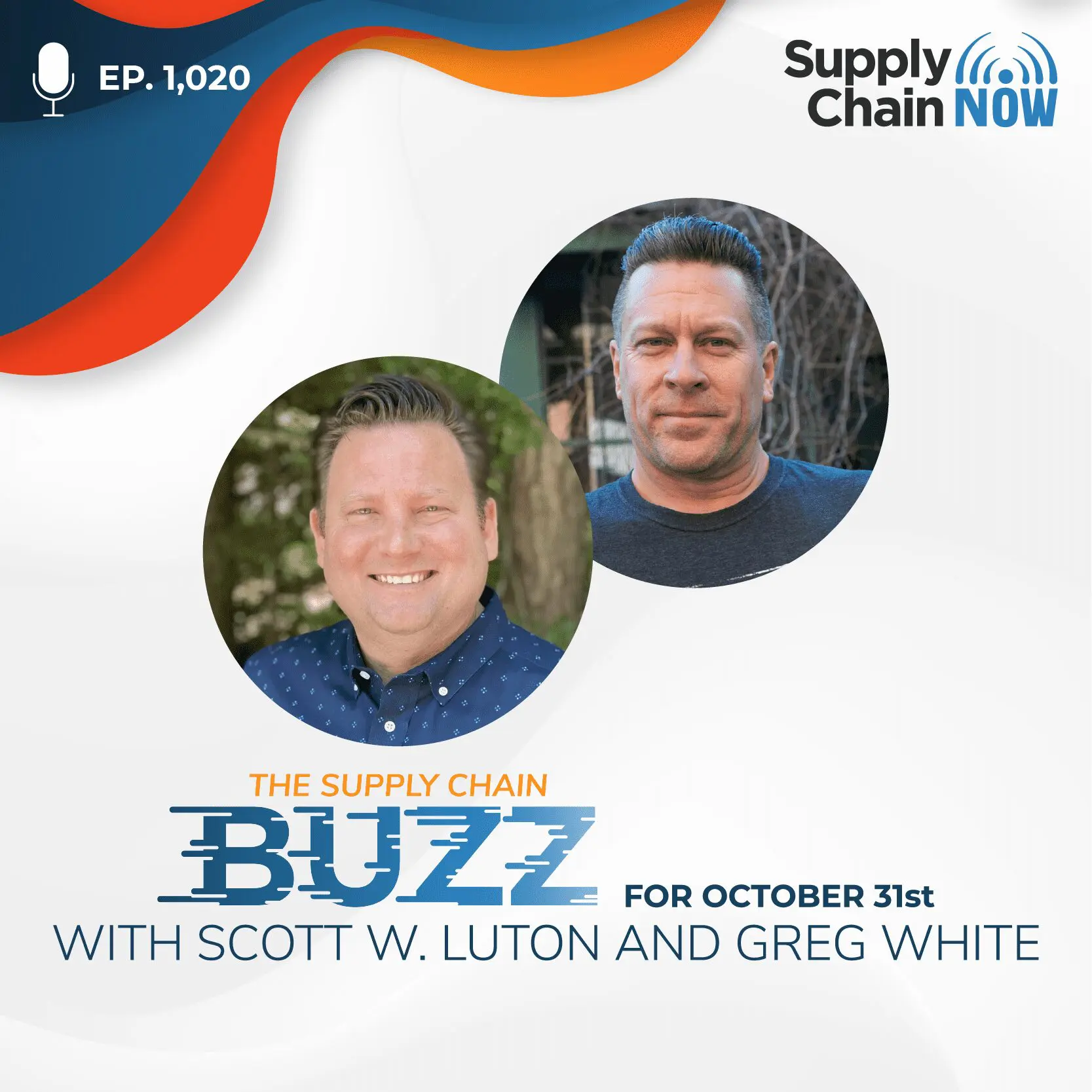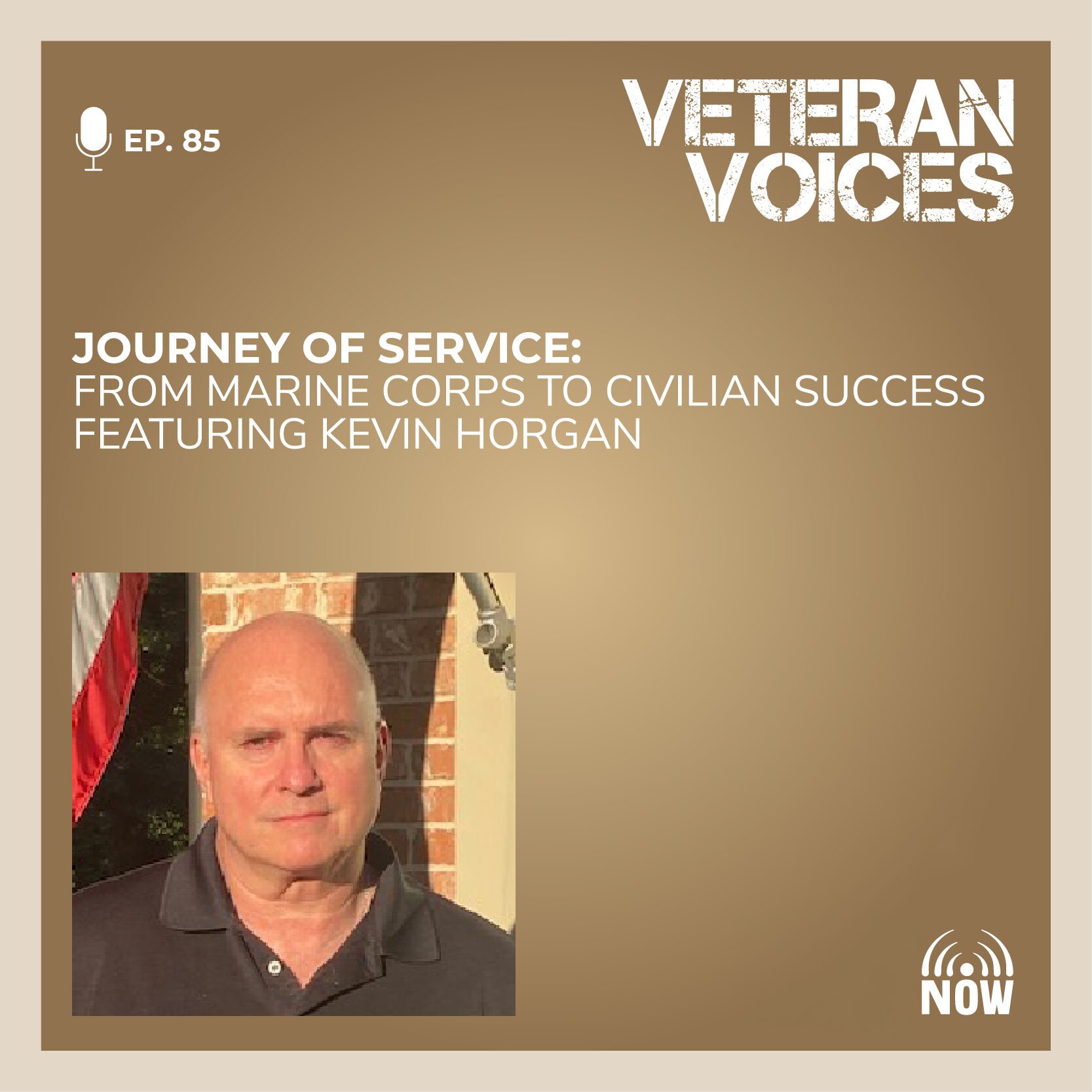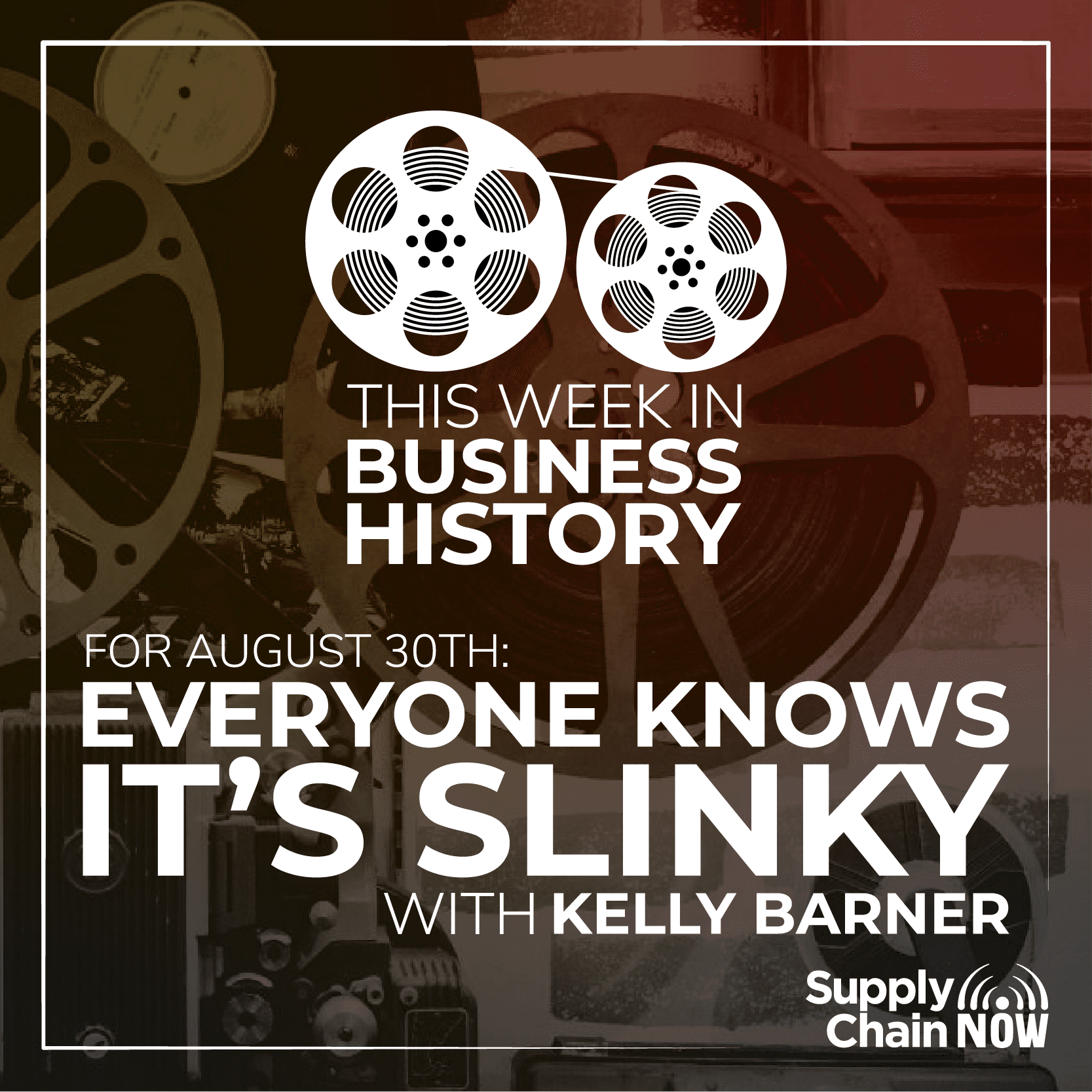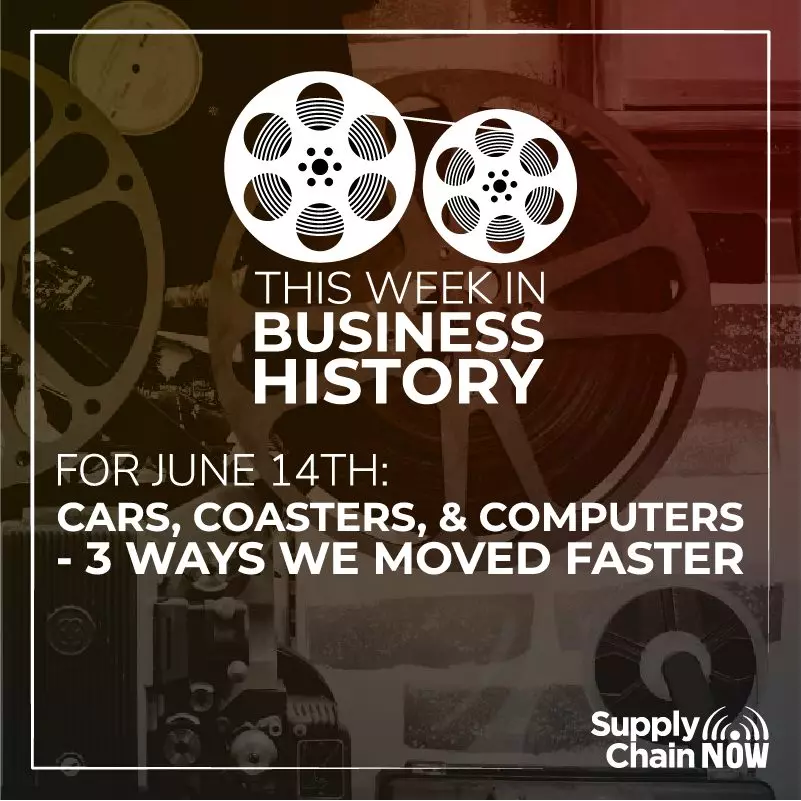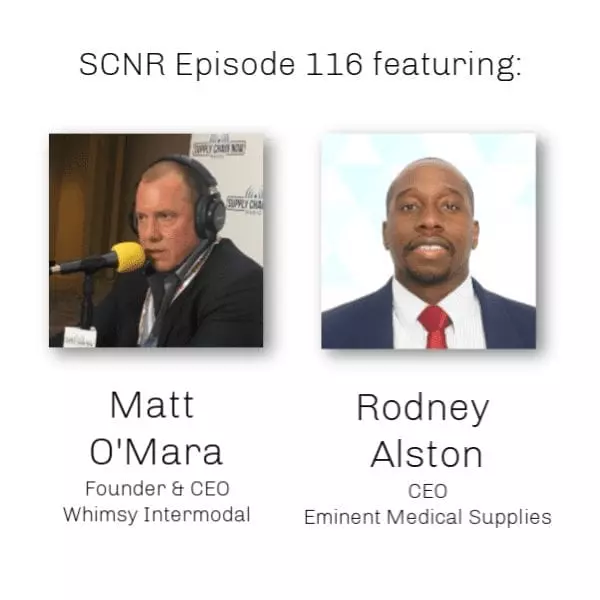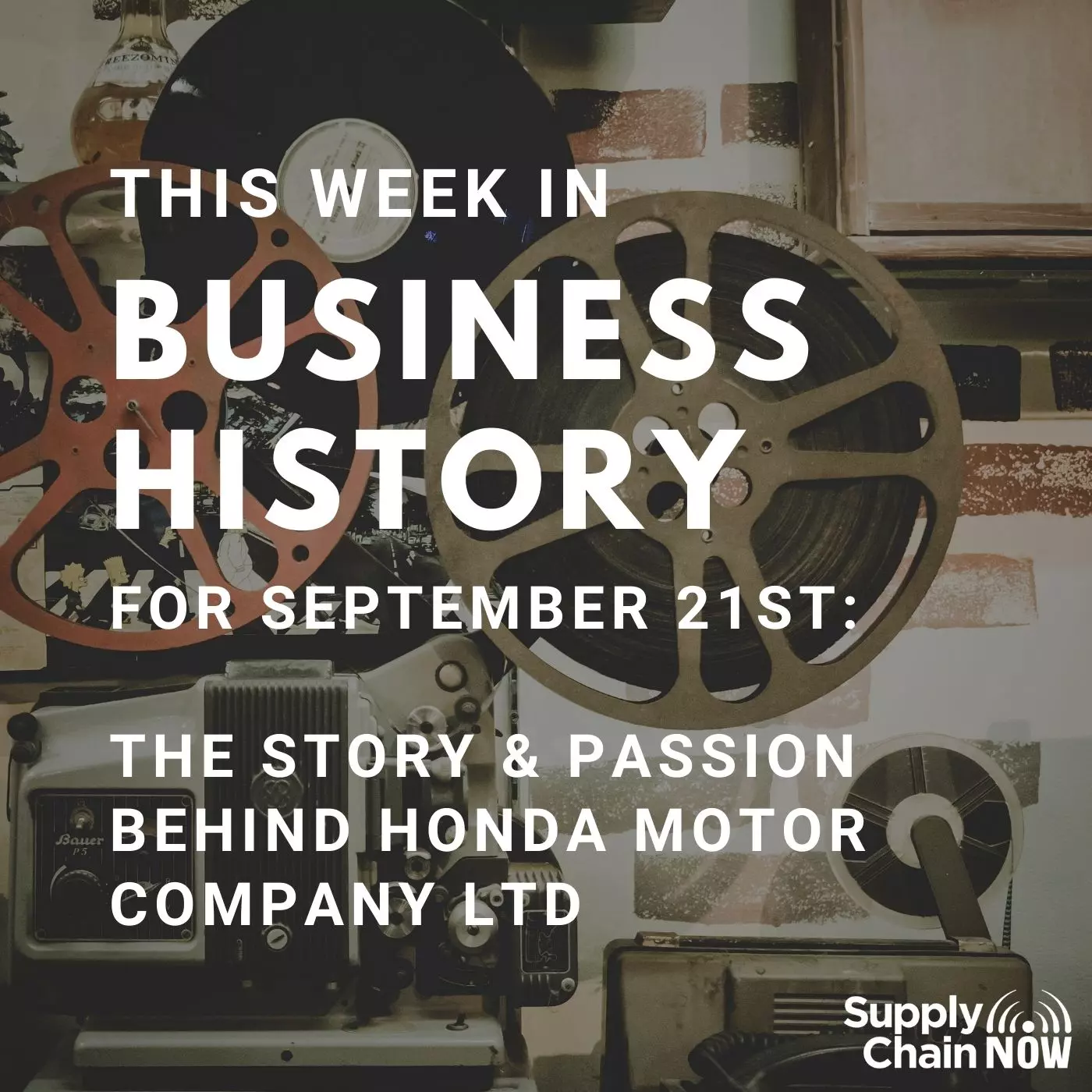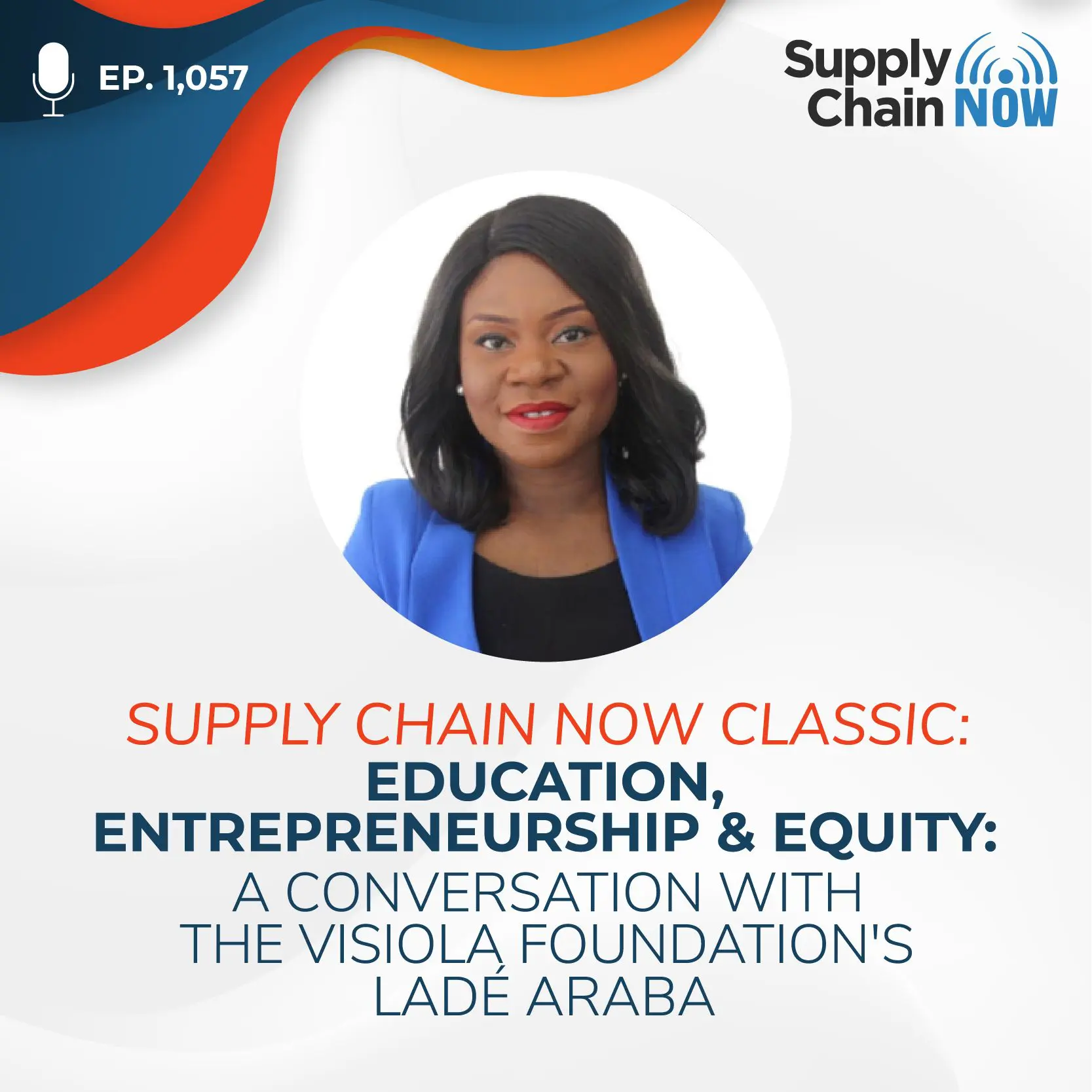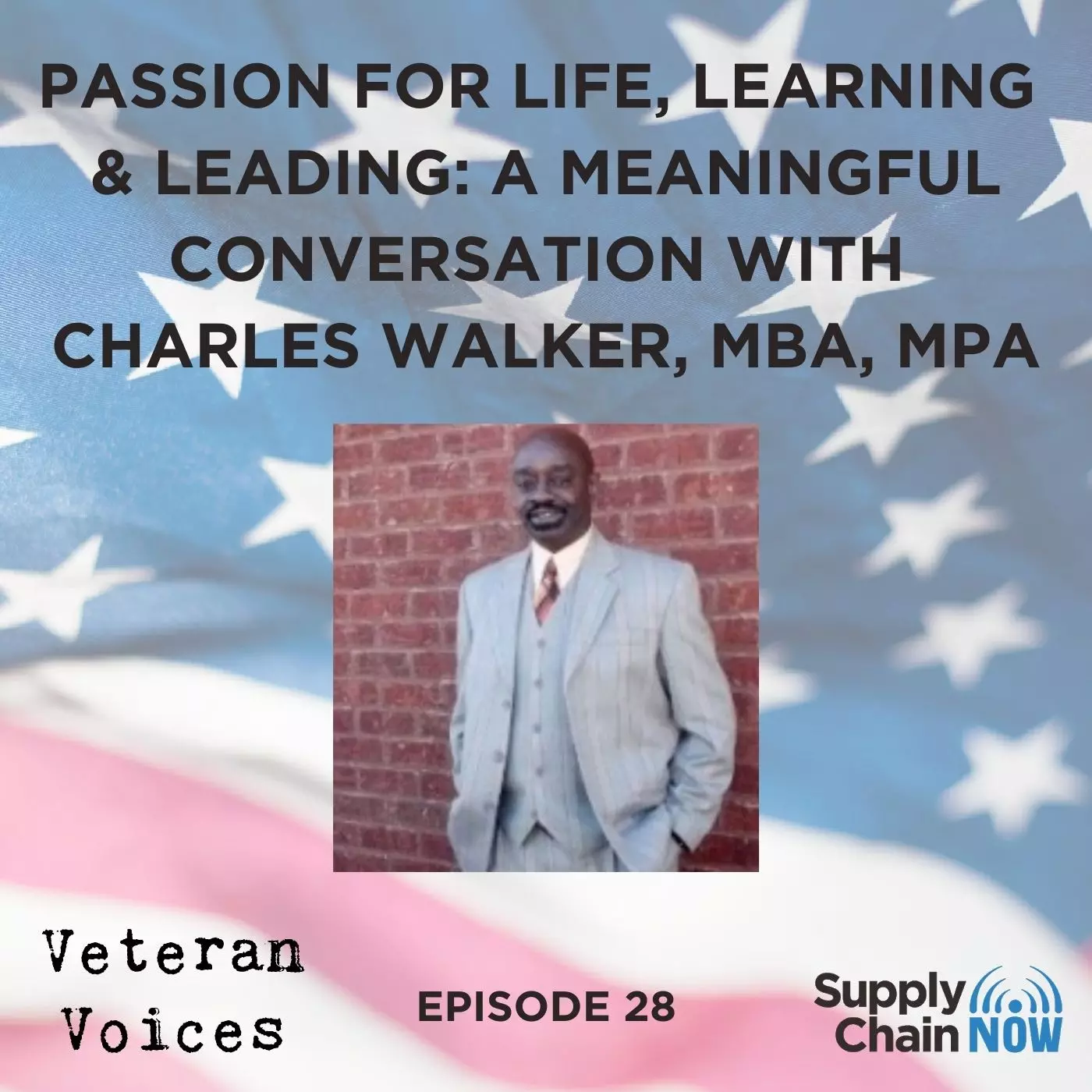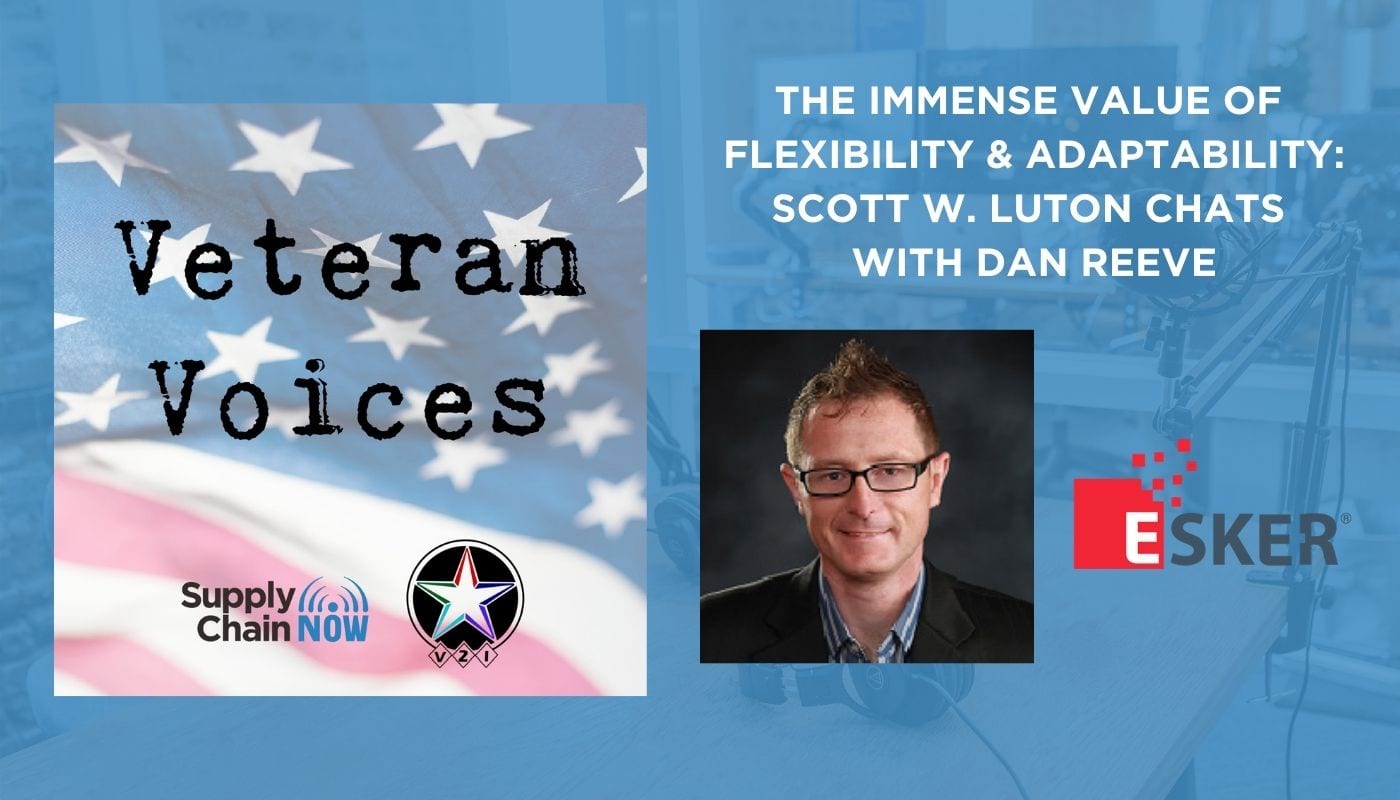
Episode Summary
“I look back on Iraq and I did enjoy it. There were some tough times. But I remember when we first crossed the border and there was a little boy. He’s waving a flag…and you were like: yeah, that’s why we’re here.”
-Dan Reeve
In this episode of Veteran Voices, host Scott W. Luton talks with Dan Reeve from Esker, a veteran of the British Army and the Wisconsin National Guard. At the age of 4, Dan had a strong desire to serve in the military. During our conversation, he shares some of his perspective & experiences from being able to fulfill that dream, both in the British Armed Forces and here in the United States. Dan discusses how the military shaped who he was as a person and a leader. He also shares advice for current veterans that are transitioning out of the military. “Be curious and humble”, amongst other recommendations, is what Dan Reeve shares in this wide-ranging and frank discussion.
Episode Transcript
Scott Luton (00:02):
Welcome to veteran voices, a podcast dedicated to giving a voice to those that have served in the United States, armed forces on this series, jointly presented by supply chain now, and vets to industry. We sit down with a wide variety of veterans and veteran advocates to gain their insights, perspective, and stories from serving. We taught with many individuals about their challenging transition from active duty to the private sector, and we discuss some of the most vital issues facing veterans today. Join us for this episode of veteran voices. Hey, good afternoon,
Scott Luton (00:43):
Scott Luton with you here on veteran voices. Thanks for tuning in on today’s show. We’re talking with a veteran, that’s doing some huge things in the world of digital transformation, really across global business world. And he’s got some outstanding stories that I know that you’re going to enjoy. So stay tuned. Hey, quick programming before we get started on this program is part of the supply chain. Now family programming, find a sense subscribe wherever you get your podcasts from simply search for veteran voices and subscribes. Don’t miss conversations just like this. Okay. No further ado the spring and really a repeat guests. We really enjoyed, uh, Dan’s expertise in a couple of different shows here at supply chain. Now, first time own veteran voices, but Dan Reeb, a veteran of the British army and the Wisconsin national guard. Dan, how you
Dan Reeve (01:28):
Doing,
Scott Luton (01:31):
Doing great, great to reconnect with you. And as we’ve enjoyed, you know, we’re picking your brain on several episodes on, on the mother ship. So to speak on digital transformation and order to cash and, and driving, you know, optimizing those processes across global business. And through those conversations we learned about your veteran, uh, experiences and some outstanding stories. So I’m really excited to share some of those own this different series. So it look forward to today’s conversation. So for starters, let’s humanize us level set a little bit. Tell us a little bit, where are you from? And, and you’ve got some great anecdotes for your upbringing. So please, please do share
Dan Reeve (02:10):
Kind of interested in that. When I first came to the U S actually the first time I ever came to the U S was an exchange between the Royal engineers and \the air national guard and Volk field Wisconsin. And there was probably a clickable because I later ended up coming to work in the us in Wisconsin, met Matt and married, my enjoy Wisconsin, family and Wisconsin really is very similar to where I’m from. I’m from the rural part of England. I’m from, they don’t call us Hicks or hillbillies, but he sort of, you obviously talk about it as being farmers over there in East Anglia. So that’s what I grew up, not too far. If you can think of London two hours, two and a half hours North of London, you think of the bump right there, right by the coast.
Scott Luton (02:53):
Sounds gorgeous to me. And did you grow up on a farm?
Dan Reeve (02:56):
No, I grew up in the middle of the city. So I grew up in Norridge. Nope. Uh, which is the Capitol there. I think once upon a time you go way back hundreds and hundreds and hundreds of years, it was the second city. Uh, but you know, it wasn’t always London. That was the capital of New York was the Capitol at one point. And, uh, orange is second. So I grew up in the city when I was 12. I applied to go to a semi military boarding school. It wasn’t a purely military school, but a lot of the families there were deployed in Germany, for example, and they needed to send their children somewhere. So it was very good for academics. Very good for sport. I wouldn’t say I was an elite athlete, but the people I was playing, but anyway, I wrote to Margaret that’s.
Dan Reeve (03:39):
My mother kind of put me up to her and said, you know, you need to access power. You need to sell. So we wrote to Margaret that. I said, you know, I’m really keen on a career in the military. That was all I ever wanted to do since age four. And I’m not sure if the local schools would give me the opportunity I need. Anyway, her private secretary wrote back saying, we think the local schools will be quite sufficient. Funnily enough, the end of that week, my scholarship was approved and that was a boarding school out in the country. Lots of land and a great military cadet program. Um, so very early on, I go out camping and shooting and rock climbing and old the things I came to love.
Scott Luton (04:17):
So you’ve got friends in high places.
Dan Reeve (04:19):
I’ve lost the letter. I couldn’t believe I’m fortunate to see Margaret P fats, your pasta pasta in the letter. She said, I’ve spoken to Margaret this morning. We think you’ll do just fine. That I’m sure it’s a coincidence that, you know, that week my scholarship was approved. And I didn’t think I had a hope in, you know, really a very strong chance of getting a scholarship. So it was, if anybody’s thinking about career in sales, that sir sometimes is with being bold and, you know, they say you have to access power.
Scott Luton (04:48):
Well said. Did you, did you know at an early age that you wanted to serve in the military?
Dan Reeve (04:53):
Very early on? My, uh, my, my, my father was in Northern force and there’s a squadron nearby. Oh. So there was a Royal air force base, nearby many bases, but the base really, I grew up upon and you still love guarantee the Astros’ was a ref cultural, cultural at the separate cat Jaguar, which was a grind attack aircraft. Um, and what’s used in the Gulf war. I think he means the Indian air force still uses it. The French used it. It’s a funny thing because if you have, they can operate in the yets arrow. They put, the sidebar does on top of the wings only see them do that. You know? So, yeah. So there was separate cat Jaguar was
Scott Luton (05:36):
There. So that had a big impact.
Dan Reeve (05:39):
I was running around with a helmet most of the time.
Scott Luton (05:41):
And so you had early fascination with military aircraft I’m hearing, is that right?
Dan Reeve (05:48):
Yes, but dominantly military aircraft, but most things green. Yeah.
Scott Luton (05:53):
I thought I recalled from one of your earlier appearances with us that you were playing in a cockpit of an aircraft.
Dan Reeve (06:02):
Yeah, it was a separate, it was a Jaguar and, uh, it was in the hangar and I don’t think they do this anymore for health and safety reasons, put six year old kids into the, um, into the pilot seat. And I, I can remember that there’s all these buttons and knobs anywhere. And anybody has been around a fighter jet knows that there’s no, there’s, there’s a couple of those buttons and knobs meters that are black and yellow. Sure enough. I was pulling on the ejection handle and the pins, you know, the, the, the safety pins were in there, but the officer, the maintenance officer saw what I was doing and kept running over. And he was screaming at everybody, including my dad on a funny pins are going to come out when you’re like, this thing was cool. I didn’t really know what it was about that I’m going to wiggle it. I’m trying to pull it. So I think that could have been a little bit embarrassing for the air force at a six old objective through the hanger. Yeah.
Scott Luton (06:56):
I bet. You know, you always need a great maintenance officer and maintenance men and women, you know, I was, I wasn’t there for us as well. Right. And my first base saw air force base in South Carolina, where I’m from, I joined air force, see the world, they say, and then I got stationed my first permanent station, about 90 minutes from where I’m from. So it makes no sense. So we were not sure what we were doing. It wasn’t a FOD walk. We were on the flight line for, for, for some reason. And I’m talking to a buddy of mine, but walking straight, of course, a real safe. And I almost walked right into the nose cone of an S 16, right. If it wasn’t for a tried and true maintenance officer, that stops me. I mean, I’m probably just a couple of feet from walking smack into this F 16. So, Hey, it seems like we both have been bared from disaster by the great men and women that maintain all these aircraft.
Dan Reeve (07:52):
That reminds me of a story in Iraq when I’m driving home in some near Badra. And, uh, the corner of my eye, I seen this dust and I turn, and it’s a challenge too. And I don’t know if that’s some young, young guy driving, a young lady driving and whatever it was a full, full speed. And I don’t know if they do 40, 45, something like that. And I see how the corner of my eye is traveling to, to, to flying across the desert, um, to pick up this prisoner of war and I’m walking in and I’m like, yeah, we can, we can intercept. There’s quick decision made about, well, I think I have the right way. And then I realized, well, no, he’s got 130 tons of trouble mama. And the main battle, main 130 million gun gun or whatever it is. And I think I’m going to let him win, go on there.
Scott Luton (08:39):
So I want to talk more about your experiences because that was in, I was in Iraq. Is that right? And so let’s talk, let’s talk about when you joined the military first, and then we’ll, we’ll talk more about your, your experience as well in tell us, when did you officially join and, and what were those early months like?
Dan Reeve (08:56):
Originally I joined in 94. I joined it. Yes. So I joined in 94. I actually joined as I went. So I was doing several nights a week and every weekend windows, a university I joined as a combat engineer or Sapper, uh, would French lesson would. My regiment was part of the seventh engineer regiment was part of the Royal engineers. Um, and we talked about this before. So the Royal engineers, their job is to, um, help the army move, survive, move, live, fight, and move the fight. That’s right. Our particular task for the, at that time was supporting the, how are your force? So the Harry is the whole purpose was we grew up at that time. We were trained to expect to fight, uh, Servia almond on it. And we were being trained to recognize Soviets and equipment. And so we, we always expected that we were going to get deployed to go and fight against these, the block.
Dan Reeve (09:52):
That isn’t really what happened originally, that we were trained to help the Harriers move when we would go and build mobile F mobile runways for them in forests or shelter Heights to keep the, the, the avionics safe, not, you don’t want me to you on us to cook in the sun. And, um, then as combat engineers, if the Royal air force needed a bridge or anything else built, or an agent test pad for the helicopters, we’d build that. The great thing was that most of the time, that meant we ate pretty well. My, my father had said to me, why are you going to the army? This is, I’ve seen weapons view grumps. Now I’ve done the NATO exercises in ignoring. He said, you’re gonna get, you’re gonna get shut up first. You’re going to be sleeping outside in the cold and you can be in terrible food. Mostly he was right. And I should have listened. However, because we were attached to the apples. Uh, we, we, we were really kind of succonded and we served the air force. How we a force a lot of the time, it wasn’t too bad because we were close to an airfield. And then, you know what, my experience was the Royal air force in the us air force conditions. Weren’t too bad. Yeah.
Scott Luton (11:04):
The Harrier, you referenced a couple of times that is the vertical takeoff and landing craft. Is that right?
Dan Reeve (11:10):
Yeah. We it’s the, it, unfortunately shames is retired from service in the British military. I think, I believe the U S Marines still use the, uh, derivative or version of that aircraft. So yeah, it had vertical takeoff capability in short cycle capability, much of the time when they came in to land on a, we would spend all Saturday and Sunday and Monday building these runways when they came in, they would typically land vertically, but take off and use the whole runway and take off.
Scott Luton (11:43):
That makes sense. That makes sense. I want to say that [inaudible] the new joint relativity names could be years old. I think they’ve made some, some vetoed additions. Of course, the Osprey, which had a notorious development record. There have been a service now, amazingly. Gosh, I bet. I bet it’s been 10 years. Um, and that’s that for some of our listeners, the hospital’s really unique aircraft because it’s a prop driven Vitol and short takeoff landing. Uh, but the hole is our call, the whole wing rotates, so that the props, you know, they’re, they’re, it’s like a normal plane. Um, however, in, in short, tight constrained areas, the wing adjusts, and it can land just like a helicopter. It’s really it’s fascinating technology. All right. So we’re clearly, we’re both aviation nerds here. Uh, Dan that’s. Okay. Let’s talk about some of the people that we’ve got a sense now of what you did in the military. What about some of the people that you worked with, or you worked for some of the folks that may have worked for you? Tell us about some of the people that really made your time really special.
Dan Reeve (12:46):
Two that immediately come to mind. Uh, let me talk about my best man. First interesting story. When we first met, we hated one another. Uh, we were in the same troop platoon. So in, in, in, in the Royal engineers, we talk about troops and squadrons. And then above that you have a regimen and a regimen. It could be 600 or so guys, girls in the squadron, 130, 150, he was in my troop troopers, 30, 35 people. When you joined, I ranked him. It was kind of like a squad leader. And, uh, it was really interesting exercise because Rob, he grew up on a farm and most farmers farm boys. I know he, he can turn his hands or anything. And I think, I don’t know, perhaps I was a little bit arrogant and young and full of myself and we got put together one, one on the next Bible exercise.
Dan Reeve (13:41):
And it doesn’t take too long until, you know, you’re cold, you’re hungry. You’ve been shivering a few hours. You’ve been, we just escaped. We’ve been hooded and cough and been for a little bit roughing up, so to speak. And then they turned us loose and we ran away and that stolen all about clothes and shelter. We built again and there we are freezing cold, wet to two guys that don’t like each other. And I think that was just such an interesting experience to change one’s mindset. That actually, is it really that person? Is it me? What, what is it about that person? He’s just he or she is just trying to get through the day or the mission, like, all right. Maybe we should give him a little bit of a break. Maybe he gave me a little bit of a break. I gave him a little bit of a break and for 20 years has been one of the most dependable people in my life. So I think there’s, there’s something in that. And, and I think would that happen in civilian street? Maybe it’s certainly, you know, my passions are things like mountaineering and hunting and, and the military gave us that opportunity to, to, to get over our prejudices and, and come to realize we liked one another. Right? Yeah. That’s a great
Scott Luton (14:52):
Point in Rob’s. What’s Rob’s last name? Joe shell
Dan Reeve (14:56):
Joe. Yeah. His dad was a major in the British army as well. It’s a side story for you. So I’m there at Christmas, his dad’s house a few years ago and there’s a big empty tank run in, in the hallway. It was cool. And it was called a wombat. It was basically an, it was just a heavy Hugin, 130 millimeter shell that they, in this seventies, you find those and they were just plowed through a tank or Alma. This is life it’s a lot. And it’s been in the house for about 20 years and I get to look at the mind, so that thing alive and he’s like, well, yeah, we just don’t. We just don’t pump it, make it, make noise about it. Then, you know, so his dad is car centric, his dad as a character. And I think he inherited the lobbyist sort of the boldness and his capability from his dad. For sure.
Scott Luton (15:46):
I love that. And going back to your earlier point, I think that is that’s one thing I wish that more of the private sector would learn and embrace from the military because, you know, you’re, you’re, you’re in the units or here in air force flight together, and you’re not going anywhere. And, and folks, you, you see eye to eye with, and folks you don’t see eye to eye with, oftentimes aren’t going anywhere. And you know, that has a great way of just, um, not only getting you focused around carrying the mission forward, but to your point for whatever it is, cause I’m not a psychologist, but you can get over, uh, the differences and, and, and how you view the world or, or different positions or whatever. And you get over those prejudices as you put it. And that’s, that’s one of the things I miss about active duty military service. So
Dan Reeve (16:36):
I think when I was in England, you drive 30 miles in England, then the accent changes. And so there were people with different coats and accidents and you would, you’d be on courses. And some of that, you mix for people from different regiments and calls and scorpions. I used to shoot for them, my regiment on my call, suddenly you can expose to people from all different regiments, go to breakfast with good cause. Um, who else, soldiers that fight for the British army from the Poland, there was just suddenly being part of that melting pot. It was great. And then the other thing about the Royal engineers, I’m several parts of the British army is you, you can regulate be walking around the next minute is a chat from South Africa or Zimbabwe or New Zealand, uh, you know, Commonwealth countries and their soldiers are serving alongside, you’ve been loaned to the British army and vice versa. So I always thought that was cool.
Scott Luton (17:29):
I agree. Completely agree. By the way, some of my frankest most cultural learning moments was when I was in the military, right. I learned about Korean culture. I learned about, uh, Vietnamese cuisine about where, uh, my comrades came from and their family traditions and all that, you know, for how I grew up in a small town, small Southern town, cause some big learnings for me and, and, and they had an impact. So Rob was one of the two folks that really had a big impact on your experience.
Dan Reeve (18:03):
We had a staff, Sergeant, John Patterson, who kind of took me under his wing, almost like a, like a second father, when you’re younger. Sometimes you can be, you can have a chip on your show. I think maybe I had a chip on my shoulder or you can have the wrong attitude. And he kind of molded me and I have a lot of sort of drive and energy and I’d signed up for the school wanting to be a rock climbing and mountaineering instructor and lots of things I wanted to go do. And he says, well, first you’ve got to kind of earn your way, go physical training instructor and bring that back. Good, earn your way, bring us value. And then we’ll let you go do the things you want to do. So he kind of set me on the right path and made me sort of have the right attitude. And yeah, so it was having a staff Sergeant who wasn’t going to take any, any of the wrong attitude, attributes or traits, or for me, it was good. You know, he’s not coming to shape a little bit. And you know, I had a massive respect for him because I knew when it came to combat engineering and all that, the planning and all the different missions we do. And he had, he had experienced and he knew how to do it. And
Scott Luton (19:03):
W we all need someone like that in our attorneys, military or otherwise. Let’s talk about some of your experiences and we’ll talk about accomplishments. You mentioned being in Iraq deployed. Tell me about that. Was that when was that
Dan Reeve (19:15):
Much? 2003, we were mobilized. I thought I was going skiing in February. So just to set the scene, I was in the reserves for 12 years, 12 years. Okay. Basically, I remember having a chat with a friend of mine. She was a paramedic herself and my, my best man, we were supposed to go skiing in the South of France. And I remember having a conversation with those folks and things, any chance we can to get mobilized? No, no, no. We’d heard about it. It turns out my best man. He knew we were going undermine, who was a major, told him, but told him not to tell anybody else. So he, he didn’t even tell his best friend. Oh, we had to wake up. They loose lips, sink ships. It’s up two names on the list of mine in his name. We were the first two names put on the list and they didn’t tell me.
Dan Reeve (19:59):
So, so we booked a Steve holiday and I’m thinking, yeah, we’d Gary, didn’t get a month before that. He and I through the regiment had been to quite a lot of mountain naming and outdoor activities. The British army was really big about always be fighting, but you can train for the adverse conditions. So you can go and do sporting activities. You can protest yourself by mountaineering, hiking, whatever sports you really care about. When I got loaned to the national guard, I think some of the stories that I tell them thought, wow, really your most you’ve paid for that. So we were in, we were still on a peak in Nepal, in the Anaconda circuit. And we heard this avalanche come down and I thought it was fight at you, him so loud at its peak. Wow. This is amazing. We’re looking across and opponent South.
Dan Reeve (20:48):
And I said to him, you know what? This is going to come, come at a cost. We’re here for five weeks. We’re getting paid. This doesn’t come free. There’s going to be something, you know what, two months later they, we were in Iraq and I looked at him and said, I told you, I told you that that’d be, that’d be something to, you know, we’ll have to take the Piper. So I ended up, I volunteered to go to, um, uh, operation. Uh, the, when we first went into Iraq, I, I felt it was important. You know, the Tony bled said, well, country could be, um, at risk, it’s got missiles and they might have the range of a UK. They certainly would have the range of Cypress with this part about country. Talk about chemical weapons. And I wanted to go, and as my friends would be, you know, we, we received a letter saying you’re nine days you’re gone. So that was quite short, but I really, I actually fought to go because I, the last thing I wanted was to be left behind and not to go with my
Scott Luton (21:44):
Right. How long were you interact? Six months. And what part of the country?
Dan Reeve (21:50):
Well, we started off in Northern Kuwait to the couple of air bases where Allie, Alnylam, and we were getting fitted up there. And initially it was a little slow, you know, initially the invading forces going in a week earlier, and we were itching and dying to get in there. And we were getting Scott attacks and Ariel, uh, missile attacks, Chinese silkworm attacks, most days because Sadam had been there in the first off war. I’m a cop story for you is I was playing squash most nights. And one night I was playing squash with my Sergeant major and we got talking afterwards and he said, well, you do know Sadam had this bet before. Yeah. Well, did you see it? And he said to me, didn’t you see the pockmarks in the squash court. There was some marks on the walls. As if somebody had taken a chisel, made a hole. What actually happened is said I’m students. So to speak his military, he’d go lined up the, uh, Kuwaiti military, uh, the old warrant offices and a shotgun in that squash. So suddenly was like, Oh, hang on a minute. This isn’t a game anymore. This is, these folks are injustices have taken me taking part around here.
Scott Luton (23:07):
Mm Hmm. Six months in. And then is that, was that a standard tour of duty with the British army?
Dan Reeve (23:14):
Yeah, it was interesting because typically the six months tools, the air force does it shorter, I think two or three weeks, three months. It was very interesting because I think the third infantry brigade was there and they had just been extended. They, they spent a couple of months training, expecting a year-long deployment, and then they got extended another six months or so that was, you know, made me feel very grateful that we wouldn’t be deployed for that long. It was, I was married at the time and I didn’t have children. So, you know, kudos to those folks that, that, that did out. They were husbands, wives, children, sacrifice that he put in
Scott Luton (23:50):
That gets often I find gets overlooked. Even my fellow veterans, uh, is I’ve sat down to Friday of these conversations you think about. And especially when you have wives talk about their husbands deployed and vice versa, and they talk about what the family did while the, you know, that person in some cases, well, that person was deployed and it’s just any country, you know, around the world. Certainly the us and UK that deployed quite a bit. It’s amazing. The sacrifices that are made in service.
Dan Reeve (24:22):
I remember seeing one of my toughest soldiers. I was talking to me big, bad, tough lad, great guy. And, uh, I remember we were in Iraq and we’d gone back to Kuwait for an evening or two and he calls home. And I remember seeing him crying, just stayed because his children would talk to him on the phone to mad. The daddy had gone off and left them when they go home. Wives were, there was bitterness too, because some of them were like, well, we didn’t expect you in the national dog. It’s territorial. I mean, the British was touchy, go away and just leave us like this. There was, you know, you started to see the, the emotional investment people make. It has its toll in that, that I didn’t have children at the time. I don’t remember feeling so bad for my friend because wow. I was thinking, wow, look at that guy. He’s, he’s the toughest guy. I know he broke it down. You know, I felt terrible for him. Yeah.
Scott Luton (25:12):
Wow. And to carry that day in and day out, I imagine. All right. So let, let’s shift gears a bit. I want to certainly touch on your, how you transitioned to the Wisconsin national guard. But before we do your, the accomplishment, when you look back at your time in the British army, you know, what, what are, what’s that one or two key accomplishments you look back and you’re most proud of?
Dan Reeve (25:33):
I think the now I was able to get him to represent the regimen in the army, the regimen, quite a lot of shooting competitions. That was great. I was getting paid to shoot. I was getting paid. You’re representing compete. I was in my Nevada. I’m like, you’re paying me to do I love to do that was fun. I very much enjoyed vaporizing cars and bridges and getting paid to do that to my regiment would typically do a loan to the U S every one or two years. And we went to Wisconsin. I remember getting on the Epic [inaudible] ref Melbourne hall in England. We flipped potty with a national guard unit ever that night. We were late getting on the planes and Wilson, staggering drunk. I blame that on the us army unit, that was their fault. They were forcing tequila damages all night. That was a great experience for me, is coming to a different country that hospitality that they put on in Wisconsin was incredible friendly.
Dan Reeve (26:26):
Um, invite us in to meet their families in their homes. And I just, I fell in love with America right there. I’d never been to America before I fell in love with America. But also I think highlights for me. I look back on Iraq and I did enjoy it. There were some tough times, but I remember when we first crossed the border, knew the boy and he’s waving a flag and that flag, and he knows it will show you you well. Yeah, yeah. That’s why we’re here. You know, at that time, you know, people will get your hair changed, but, um, and then all of the mountaineering, they, they, they really gave me the opportunity to climb in all over the Europe and two trips to the Himalayas paid for by the military. And then one of those trips, I’m sitting there drinking tea with the Indian army on the energy of Himalayas, just sitting here, talking about life and so getting to meet different countries, different people, the hospitality that was shown to me, I got sick in Iraq, in Iraq, and it was the, uh, I went into the hospital tent under a three of the most attractive young ladies I’ve ever seen.
Dan Reeve (27:27):
I take care of me up in my Brown, gave me a shot and an Ivy. And I woke up and we were like three of the biggest earliest male nurse dudes I’ve ever met. The lady started going know, they’re like, Oh, you just put something better. So, uh, um, I think the hospitality getting to travel, getting to meet of the nation of a nations of a military. I feel that was just great.
Scott Luton (27:49):
I agree that tons of comradery, right. Had a Singapore when I was in, in, um, well, when I was at McAllen enforce space in Kansas, but also Sheppard air force base in Wichita falls, Texas. Uh, we had Singaporean partners that were operating refuelers, uh, in both locations, I believe I could be getting mixed up a bit, but the relationships, I mean, you’re eager to bond with folks or the uniform, you know, from other countries. And it’s just neat, neat exchanges there. To your point before we talk, transition, kind of to the private sector, I want to talk about Wisconsin. You you’ve talked about it already and how much you enjoy it. Is there one thing that when you moved there cause you, you were living there right? When, when you joined the national guard?
Dan Reeve (28:34):
No. Well, what happened is I, I transferred from a civilian to gulp civilian job had done well and I’d always wanted to go to Australia, but then I called, I called the general and said, sir, forgive me. But he’s any chance I get, I’m going to transfer, uh, with my civilian job to Madison in, uh, in us, is there any way I can be learned or trained with the national guard? And he was like, well, where are you in? And yes. Good. Well done. Good luck if you go. Oh, okay. So, so I managed to pull that off and that was fine. So yeah, I was almost, at the same time I transferred straight away. I actually had something that I would kind of almost immediately. I had something that I was used to because I was able to go to the drill. And that was nice because here I am suddenly a fish out of water, completely different country speaking in a different accent, but I’ve still got a little bit of the military that, uh, even though I walked around in a British army uniform and everyone’s like, do you want to slew?
Dan Reeve (29:30):
You know, I’m not sure who he is. The reality was there was something that I had, there was a rock I could rely upon. Good friends through it, I think was things is another learning lesson for me was in the British army, been around for many, many hundreds of years, perhaps a little bit of arrogance where we had this preconceived notion that the Americans would just pull a trigger and shoot first and ask questions later. And yes, I think Americans typically are better armed and more fire power, but I was very, very impressed with the professionalism. The planning always do an after action review after drill. I was really impressed and it made me change my perception to me say, well, just cause you’ve always heard that these guys are Cowboys or whatever, actually, they might be better at some of the things they do in the British army, pretty strong its strengths of the, you estimate that you go and speak strengths too. It forced me to, to let go of preconceived ideas.
Scott Luton (30:31):
Oh, is it benchmarking opportunity? Um, and the first time I heard, uh, someone kinda comparing contrast the U S army way of doing things and the British army way of doing things, there’s a ton of ton of learn. Obviously there’s a special relationship there. So let’s talk about one quick question. We’re gonna talk transition to, did you ever eat a butterbur burger in any moment when you were part of Wisconsin?
Dan Reeve (30:55):
I think, uh, I she’s kids, but I think I might have done it at least once. Uh, you know, they’ll be careful case my in-laws they hear this and I think is it called loses? That is the chain I think you’re right. Yeah. Cole was the, they do ice cream and butter bug. Is this a log tasty things come out. We’re still just going to eat them in. Um, uh, what’s the word? You know, iteration moderation. Yeah.
Scott Luton (31:20):
All right. So let’s talk, transition one of our big things. We always focus on these conversations because there’s so much, you know, our transition out of the air force back in Oh two. I was not a combat veteran. I had a four year degree, even though I was enlisted and I had a strong family and friend network that I transitioned into yet, despite those advantages, that many folks that transitioned out of the, at least the enlisted military, oftentimes don’t have, especially after, you know, 18 years or 19 years of war. I still struggled to find that footing. I didn’t know how the whole recruiting and interviewing thing went. Um, I didn’t have a professional network, right. I never thought about building out a professional network. And so I struggled. I finally found a job five or six months later. Um, so what we’ve heard so much about that I can definitely relate to is a lot of transition challenges even today when corporate America and corporate and the corporate world in general has gotten, they’ve put some action behind veteran support.
Scott Luton (32:25):
They’ve just big hiring initiatives, both for veterans and veteran spouses. That’s good news. Um, there’s new programs and improved programs to help prepare bets for our men and women in uniform before the exit and prepare them for transition, gotten stronger from what I’ve heard. And yet some of the experience, a lot of the experiences and stories we continue to hear are those of challenge and those where they’re still trying to find their way, find a good job where they’re not underemployed and where there’s the higher managers and want to lean in and understand rather than shy away because they can’t connect with that veteran experience, a better journey. So talk to us about your, your transition, uh, what it was like. And was it more challenging or less challenging than you had anticipated
Dan Reeve (33:08):
To answer that? I have to be realistic with your audience because my transition now is in the God it’s my transition was after the summers or many weekends, I’ve transitioned from being a member of a real engineer, combat engineer squadron. So then Monday morning go back to a sales job. So it was often having to do that transition. You got to adapt to where you are, but you’ve also got to take the confidence and the strength and the belief. And so I would take that into the military. And then the military, when I went back to work, there’ll be things I did with those folks that were so hard, physically different, difficult. And we had lots of planning belief. I think you have to take belief in yourself into what you’re going to do next. Coming home from Iraq was difficult. My relationship blew up.
Dan Reeve (33:50):
Okay. We just, that was moving you onto the next step in life. You know, got a wife and two children and very happy with it and super grateful to have them in my life is the right way to say it. I think the problem in the military, sometimes when you get deployed, especially as you can not be on the receiving end, my, my ex, she was deployed when you are in deployed, you think the world just stays the same traditions and things stay the same, but the planet is still turning the wounds still moving, and you have to sort of learn to be flexible and adapt. And I think w many people do learn that in the military to be flexible and to adapt and just go with it more recently in my role now, as a, as a sales director, I think ultimately it’s about 30 or 35 reports that report up to the management and my job is to support them and chime in and help be successful.
Dan Reeve (34:39):
We’ve been hiring. When I looked across, I was really pleased. We did a podcast recently. It was seven or eight of us in the company, in the U S for the veterans all across the board, different, different walks of life. I tend to see veterans that there are, they often be hump. There’ll be humble. They’ll, they’ll, they’ll rip up trees and work hard. What can I say? I mean, I think my advice to veterans would be reach out to your network, understand the challenges people have gone through already talk to folks in industry. And I’m just trying to understand what’s your job? Like, what does it mean? What do you do? What are the skills you do? What are the books you read? I don’t think it makes sense to do your 20 years. For example, I never have any awareness of what the civilian world is about, the them and us.
Dan Reeve (35:25):
And I’ve seen that. And I think that doesn’t always help. Whereas there are people I know have had military careers full 20, 25 year careers, and they understand the civilian world too. Don’t box themselves in and they’re open about, well, what is a great analogy? A friend of mine, he came, he came to my ESCA. He worked for me as a software sales rep. He’d been an attack helicopter pilot flying the links. Seven tours of duty worked for me for three, three, three or four years. Then he went back, was flying for the CIA and the British army wink, nudge, nudge Afghanistan, and toluene and all over the place. And now he’s, he’s a, he’s a helicopter pilot for the Northern Island police service.
Scott Luton (36:05):
Wow. And he’s got some stories to tell,
Dan Reeve (36:08):
Well, it turned up my wedding where it’s, uh, you know, it’s, it’s, it’s, it’s number one is that his outfit and metals from head of hair and everybody loved him. So, yeah, but, but what day you had his flexibility, you could have put that you could have, he could have been a school teacher who he was in. He was an attack helicopter pilot, who was humble. He wasn’t taught, he had confidence in himself, but he never came across his own military guy and the blinkers. And that’s all I do mean if you were a military person who was interested in what you had to do and what your role was and what you brought to the table, but he was also very open to what, what does it know? What is it you doing supply chain? What is it you doing finance what’s that involve, he could have sat at the table. Anybody, any, any time, any walk of life I’m going to think a lot of is because he’s curious and he’s humble,
Scott Luton (36:58):
Such a simple but powerful lesson. Um, I would add when it comes to, um, you know, that professional network you have to, to any veterans that may be listening. Of course, LinkedIn, I think LinkedIn is free for a year for the LinkedIn plus subscription for veterans, I believe, but regardless, uh, look for veteran networking groups. And as you’re, as you’re, if you’ve identified what you’re looking to do, try to identify veterans in the space and connect with them. And when you connect some, a note that you’re trying to build out your professional community, and you’re starting with veterans, veterans are very, very willing to engage that way. They may not be able to phone call with you or something, you know, but build out that, that, that network and make those connections. Yeah,
Dan Reeve (37:41):
We just hired, I just had a guy who did that with me and ironically, he’s all. Can I pick your brains? You don’t believe in Devin, Devin just joined us. She saw him leaving the military soon and Beatrice and talking to people, you know, you’re not, so you’ve got 20 years in sales and I was at first level, what advice can I give him? And just because he connected had a chat scenario, where, where were you in your spending? Well, I’m going to be looking for a job. Oh, we should find one for you, you know? Yeah. Yeah.
Scott Luton (38:13):
I love that. I love that. And self platoon, you, you mentioned something pre show about sales platoon. Tell us about what that is.
Dan Reeve (38:20):
Yeah. So there’s a M J organization in Chicago, Riley. He runs the organization, uh, has, he’s had a 15, 20 year career in sales as well. He was in the Marines. He’s put together a really good transition plan for anybody who’s interested in giving him the sales to train them on many of the tools, many of the philosophies, many of the key skills, he’s really part of Cod Carter together. The training plan, I think it’s sort of eight or 10 weeks. And then he effectively offers them to companies. And then, you know, we, we, we pay a little bit of money for that skill set. There was an advantage to the, to the employer that they’re often veteran benefits, uh, that can offset the cost. So he’s really doing a training and recruiting exercise, um, but good organization. We’re actually going to, aside from just picking up, at least our first veteran, who’s come through that program. We will tap into those folks because they’re going to provide some sales training to my organization. So I’d say anybody who is looking to hire sales people with, um, and an open to a military background, you know, what we, what we expect and what we believe we have with Devin is drive responsibility. The ability to take on instructions. Um, self-reliance the attributes. Of course I met Devin, uh, you know, we were impressed with what he brought to the table and what he learned at sales. Platoons
Scott Luton (39:48):
Love that. And so if you’re listening to veterans and maybe you’re new to sales or business development or whatever the word of the day is, check it out because not only is it, can it be lucrative if you get really good at it, it can also, if you master sales, uh, whether it’s technology or, or, or anything else, it’s an excellent, he’ll help you up the ladder, right. Leaders that can sell and drive and create revenue, lots of upward mobility. So check that out. Sales platoon, uh, also check out that resource. We’ll try to add that as a show note. The other thing I want to add as a show note, cause that S that Esker podcast featuring the veteran teams will include that as a direct link. That was a great episode. Now we’ve mentioned Esther a couple of times, let’s see connecting dots for folks, Dan, what does Esker do? And what do you do?
Dan Reeve (40:33):
We should describe it as a software company. And what I like to say is all technology is used by companies all around the world. And what they’re trying to do, especially in this COVID times is be as efficient as they can. And that means take a freeing up the customer service staff or that staff in accounts receivable or collections to be rockstars. So rather than have to do lots of manual data entry or lots of manual mundane work, provide their staff with the ability to do really more interesting work and automate some of those processes. What does that mean? Ultimately better experience for customers, better control on where money is being spent within your organization and the ability to collect money. And right now, if you think about many of the, even just today, I heard this there’s there’s companies in California that have been shutting their doors.
Dan Reeve (41:21):
So cash flow is becoming tougher because those companies that are shutting their doors may pay later. So enterprises need technology to try and help collect the money faster, to have more visibility. Well, where are we at risk? So that’s that I like to say what we’re, why financial digital leaders would turn to rescues is they’re trying to free up their people through technology, get you in COVID the real winner. If, if there is a witness so to speak, um, you know, I don’t mean to come across as, um, in enrollment. I, I realized a lot of people been affected very negatively. If there’s a real winner, it’s probably technology. You’ve seen that in the supply chain as well.
Scott Luton (42:00):
Agreed. You know, that didn’t come across wrong at all. We had former guests join us and say something very, I think it was very apropos can find opportunity without being opportunistic. And the pandemic environment has created a ton of opportunity for technology and many other businesses that have adjusted just to the model or, or innovated, or create a different products to either fight the pandemic or enable the global workforce and the global business community to keep figuring out a way to move forward, given the pandemic environment. So that’s what businesses do. So I appreciate how you presented that. All right. So
Dan Reeve (42:40):
For the veterans that are on here as well, I think the reality is I think they can take strength from that training. And then, and then, then the tough experiences they’ve probably been through. And it’s a bit like now, okay. In business is the second or third time I’ve been through a recession and you realize, okay, the way we settle will be different, but companies often spend money to save money just as they will invest technology when they’re trying to grow. So it’s almost a bit like, well, you’ve been running the track, you’ll get through this. It’s probably, um, and don’t forget that you’ve been through tough times before. That’s my advice
Scott Luton (43:13):
Love that you can draw a lot from that those military experiences and apply them to business, to get through the good times and the bad times. Well put Dan, all right. Let’s make sure folks know how to connect with Dan Reeve and escort.
Dan Reeve (43:28):
LinkedIn is probably the easiest mechanism or email Daniel dot Reeve at [inaudible] echo romeo.com.
Scott Luton (43:38):
Awesome. Of course, we’ll make that easy. We’ll put that, uh, those, uh, hyperlinks in the show notes all after that one click to connect with Dan, cause I’m sure you’re going to want to, because we just scratched the surface. He’s got a lot more stories he shared here today, but always a pleasure. Dan, I think this is your third appearance with us here. We’ve enjoyed each of them. Uh, your approach with these and, and very selfishly, uh, enjoyed your military focused conversation here today. I think there’s a lot of good stuff that, that, um, our, our men and women in uniform can, can learn from and, and help them move forward as a, you know, transitioning in and get into the workforce. So I really appreciate your time here today. You have enjoyed it. Alright, so big. Thanks to den, read with Esker again, connect with him and, and check out the company and the podcast we’re going to put in the show notes.
Scott Luton (44:28):
And for those of you that may be interested in sales, the sales platoon, the organization, beyond that, hopefully enjoyed the conversation. You can find a sense, subscribe wherever you get your podcasts from search for veteran voices. And again, it’s free to subscribe. If you’ve got a story to tell if you’re a veteran or a military spouse or a veteran advocate, or maybe you lead a, a non-profit that helps veterans, Hey, reach out. We’d love to help you tell your story. You can find us. Of course, Twitter, Instagram, LinkedIn, you name it. Try to work into the production schedule. Finally, a challenge you like with challenge our entire team here at veteran voices and supply chain. Now do good gift forward. Be the change that’s needed. And on that note, we’ll see you next time here on veteran voices. Thanks everybody.
Featured Guests

Dan Reeve- As Vice President of Sales North America, Dan Reeve is responsible for recruitment, training, and direct sales for Esker, supporting a team of excellent Sales Managers. Having operated in this capacity for 10 years, he was previously a Sales Rep, successfully developing the American Midwest and the Pacific Northwest, and establishing Esker’s Denver office in 2017.
Dan joined Esker in 1999, spending the first few years in Business Development for the Benelux and Scandinavian countries, building up channel and direct sales paths for those regions, then moving into large enterprise accounts while assisting in leading direct sales in the UK. After obtaining an Economic Development degree from the University of Derby, England in 1997, he completed a Courts Furnishers Graduate Managerial Program, which allowed Dan to discover his passion for Sales and the importance of great Customer Service. Dan is a veteran of the British Army and the Wisconsin National Guard and deployed to Iraq in 2003 as part of Operation Telic. He has actively promoted the hiring of veterans into various roles within the Sales team. Connect with Dan on LinkedIn.
